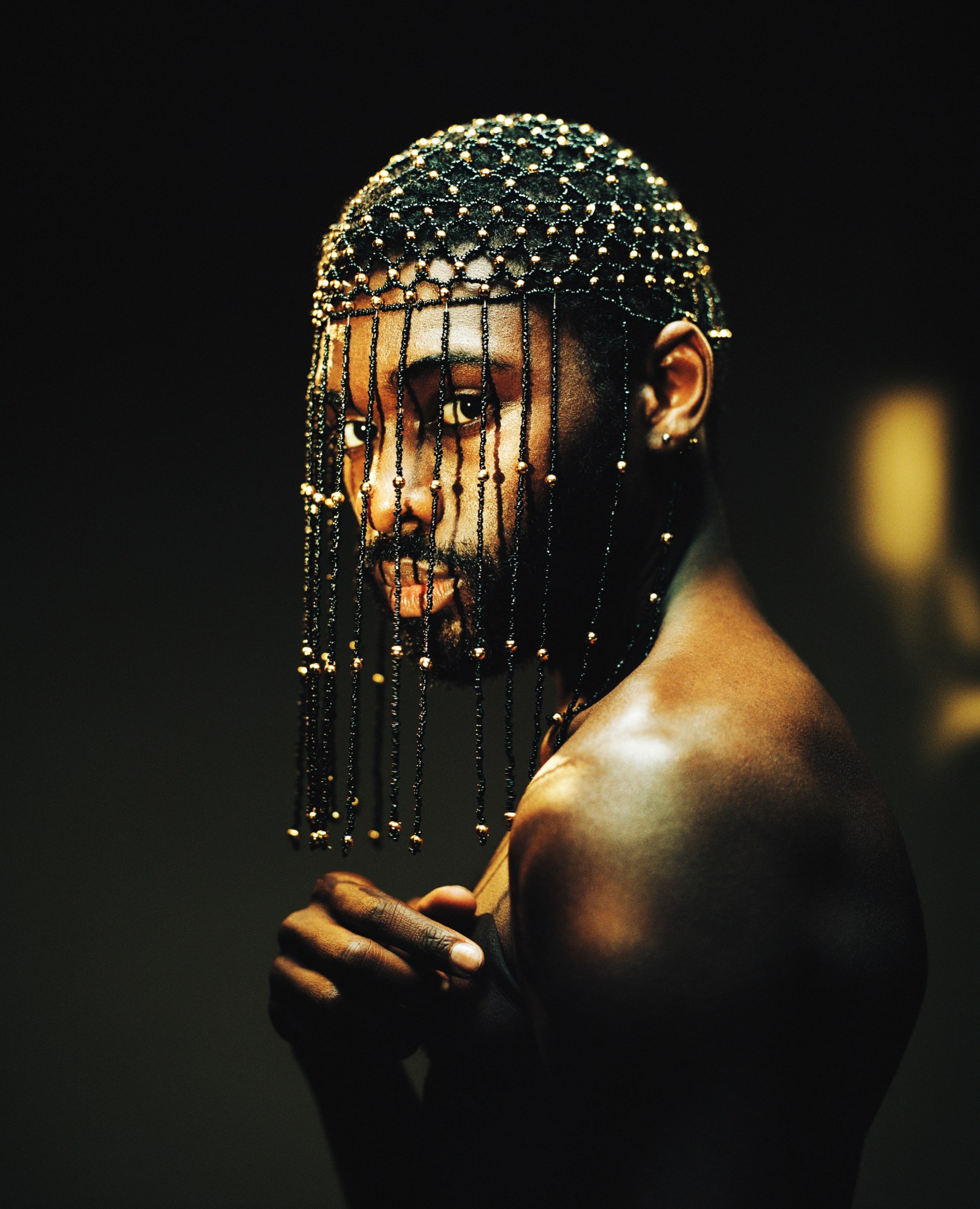Black Americans have a long and storied history seeking refuge in Europe. Europe, for many, has represented a place for cultural expression and a welcome respite from the contradictions of the American Dream. Before Baldwin and Baker, there was Du Bois.
So it follows, before Paris, there was Berlin. It was while studying abroad in Berlin that
W. E. B. Du Bois was inspired to write his seminal work, The Souls of Black Folk. It was also in Berlin where Jesse Owens faced down Hitler, Angela Davis honed her philosophy, and Audre Lorde inspired a generation of feminist thinkers and writers. Over a century after Du Bois, the American contradiction persists, and Berlin, once again, is a hub for many Black Americans and represents a sanctuary, as well as a declaration of independence.
The following are analects from émigrés on being Black, and living in Berlin.
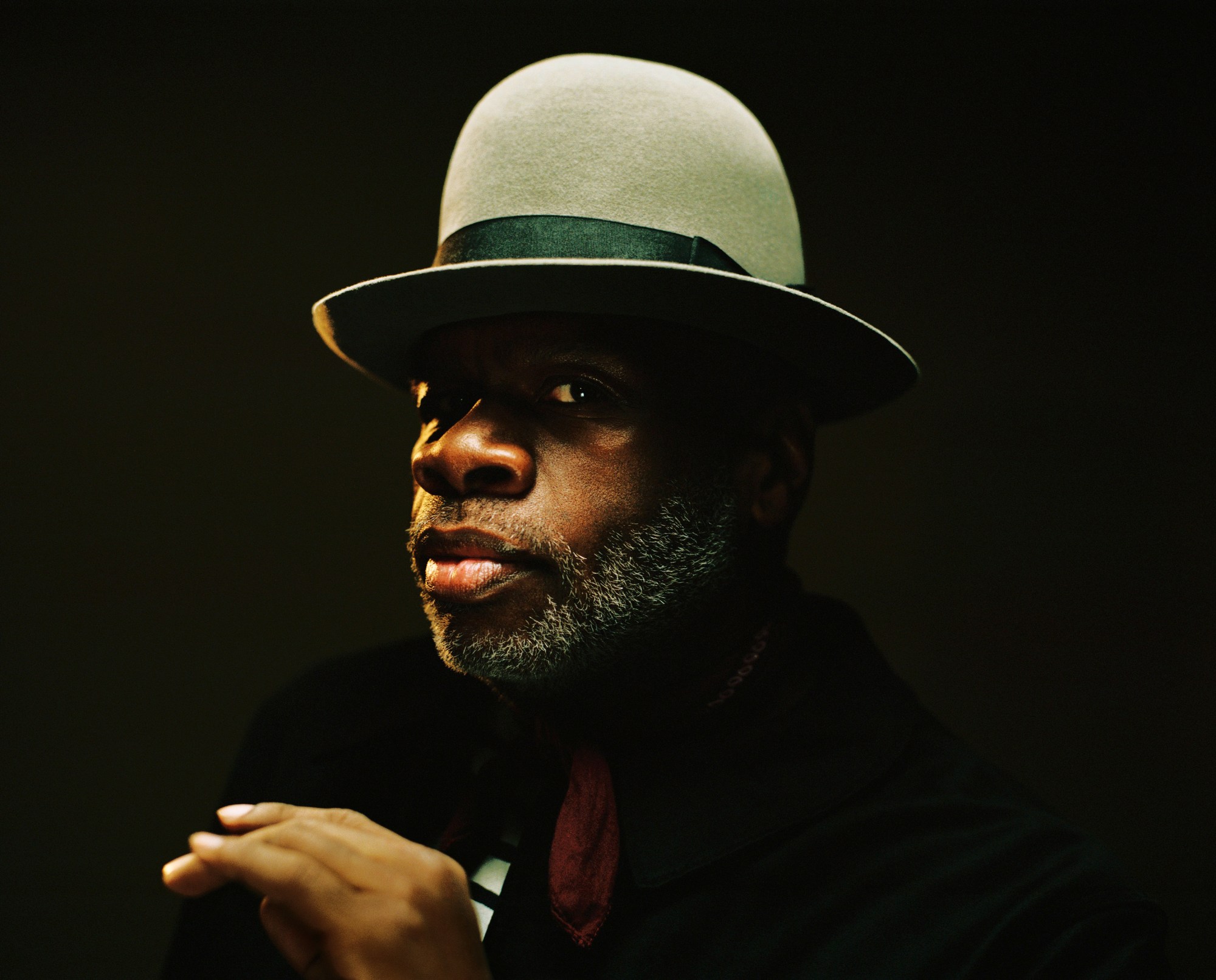
Mac Folkes.
“Every legend, moreover, contains its residuum of truth,
and the root function of language is to control the universe by describing it.”
-James Baldwin, A Stranger in the Village.
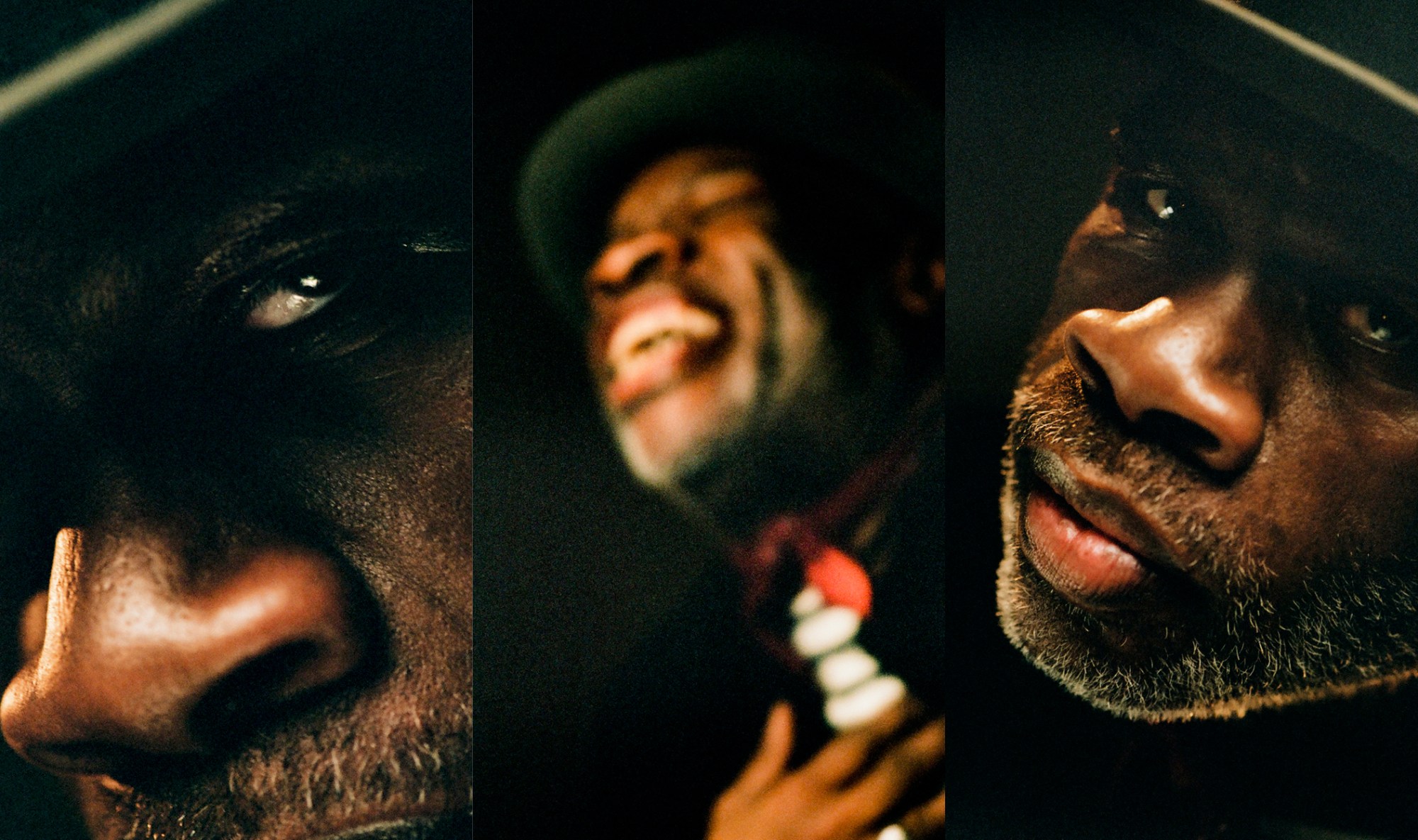
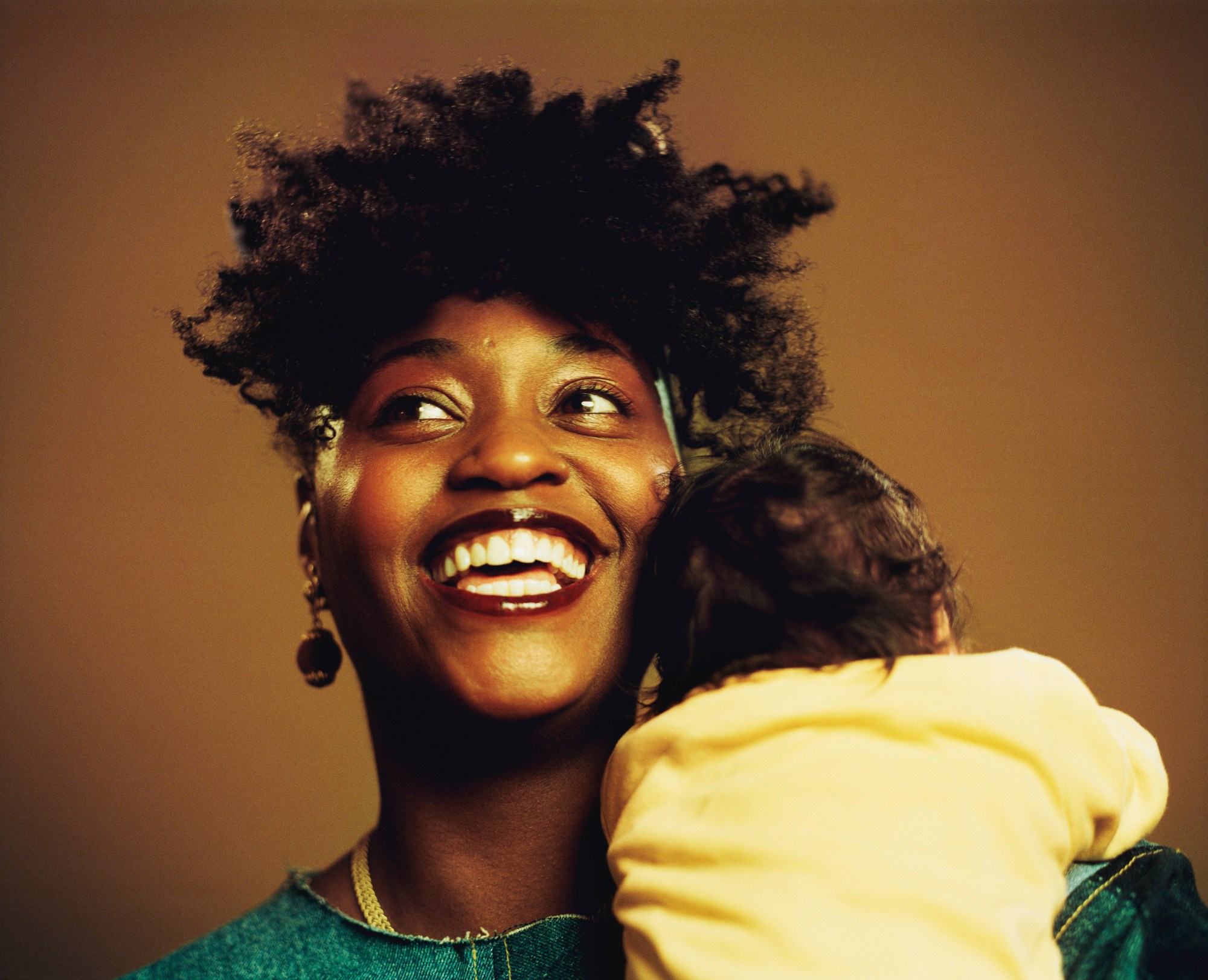
Jessica Lauren Elizabeth Taylor.
I grew up in Florida, in the church, with very strict conservative grandparents. I had never traveled outside of the United States. Seemingly a little southern country girl who didn’t know anything about anything. That’s what I was made to believe. Actually, I had lots of wisdom within me, from my elders and people in my community, but it’s not the kind of knowledge that’s written in books so it took me a long time to recognize it as valid. I was on my way to France, and I was just here for the summer and Berlin snatched me. I was blown away by the theater and art scene. Not just underground theater, but the art scene at an institutional level. I was just amazed at how experimental and progressive the theater was and that’s the reason I stayed. It was a sense of freedom I felt for the first time. I felt like I was being controlled in America. I felt very uncomfortable and I felt like I was being put into a box. When I came to Berlin, I was free to be whoever I wanted to be and I didn’t have any judgments on a certain way to be a women, or certain way to be queer or a certain way to be black.
One of the things I discovered doing Black in Berlin, the salon I started and facilitated over the past few years, is that there are so many multiplicities of Blackness. Obviously, that is something that I should have known, but to be honest, I didn’t. Suddenly I was made aware of Swedish Black and French Black and Italian Black and naturally German Black. It was only then that I thought of blackness as truly cultural. Until I came here to Berlin, I hadn’t realized how American I was, how American my blackness is, and how American it is to dominate the conversation and assert yourself over other people. It’s a sense of entitlement that took me awhile to realize.
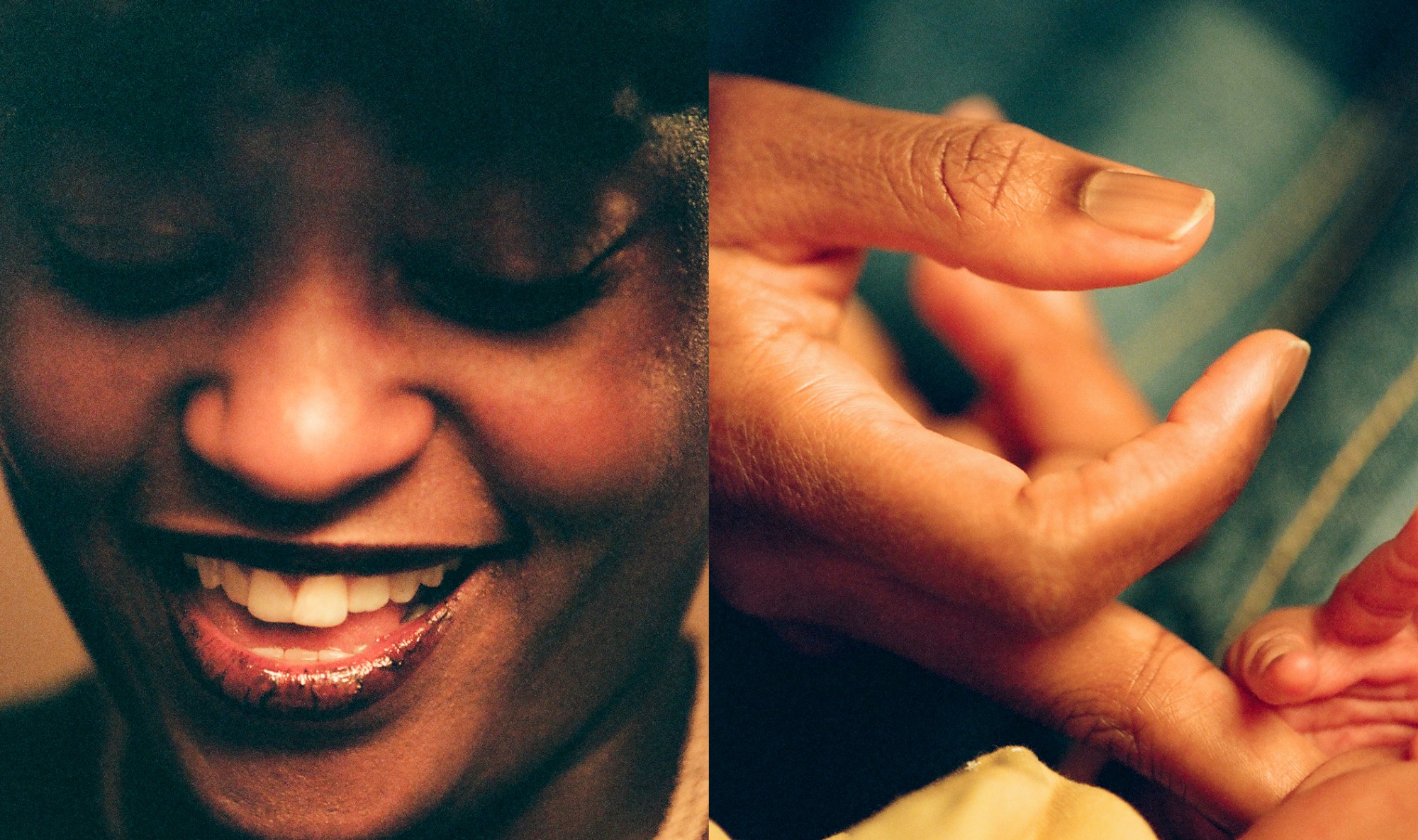
Currently, I am fascinated with mothers and matriarchal lineages. In my current film, Muttererde, which translates literally to ‘mother earth’ but also it means ‘topsoil,’ I am fascinated with our relationships with our mothers and things left unsaid; things that live in the pauses and quiet spaces. As a Black American, our history has been erased and deleted and destroyed and if it hasn’t, we don’t have a very strong oral tradition. I remember my mother telling me about my grandmother who I never met and she said that she would ask my grandmother what her childhood was like, and my grandmother would say ‘leave me alone and I don’t want to talk about it.’ I think it really speaks to the amount of trauma and stress that we’re put through and also that we don’t have a wealth of knowledge about our elders, about our ancestors and that’s why it’s really important to describe everything I see.
My name is Jessica Lauren Elizabeth Taylor, I identify as an artist, archivist, and mother.
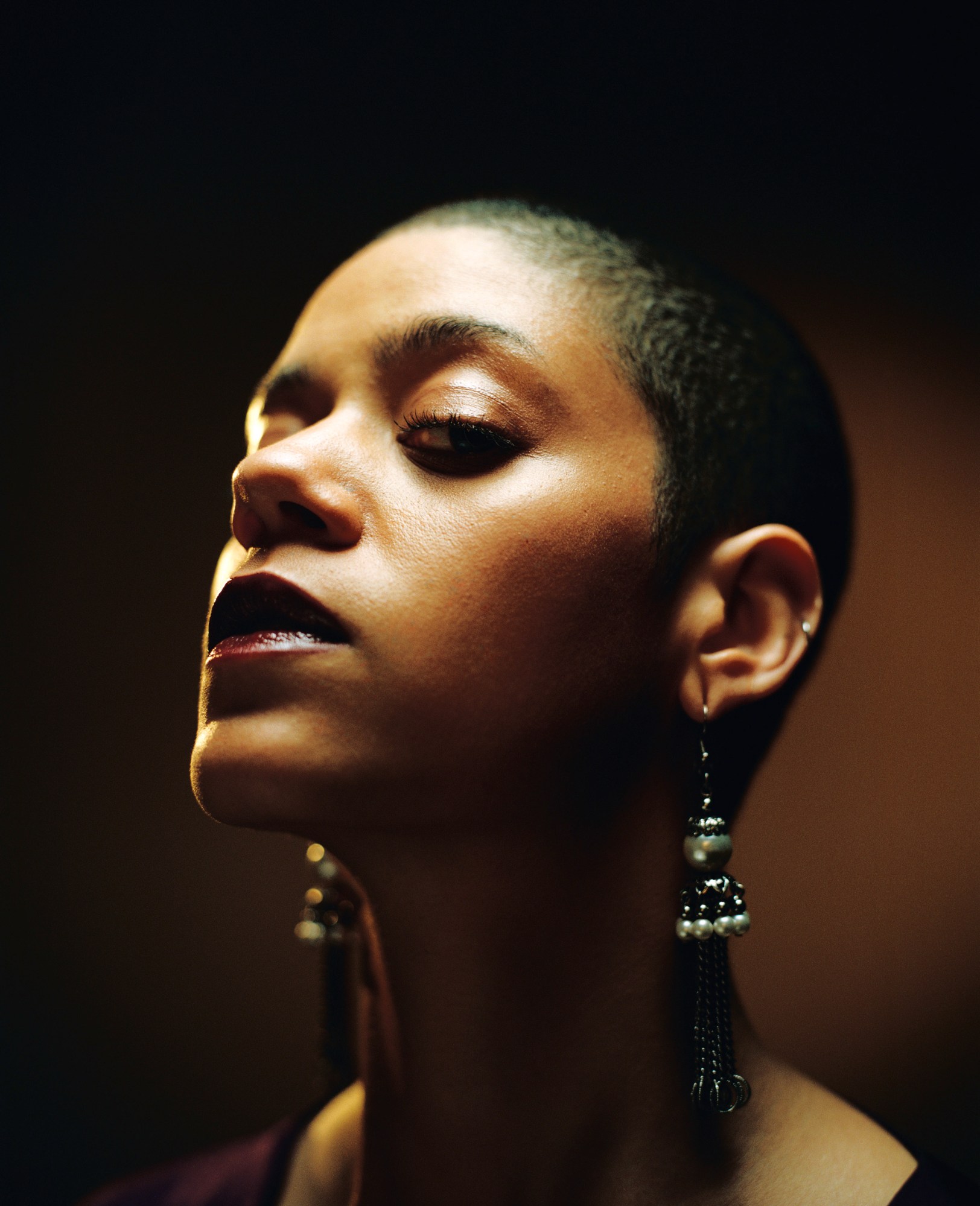
Katrice Dustin.
First and foremost, I Identify as a black woman. Being mixed race and growing up with a white mother in a white family, was certainly confusing as a child. It made me inherently aware that I was different, for whatever reason and having to understand that. I grew up around a lot of white people. To white people, I am black, I am not half-black. Perhaps because that’s how the world sees me, it’s easier for me to identify as such. I wouldn’t identify as white. I don’t know if that’s weird to say, but I feel more comfortable not leaning anywhere half as I think ethnicity is quite political.
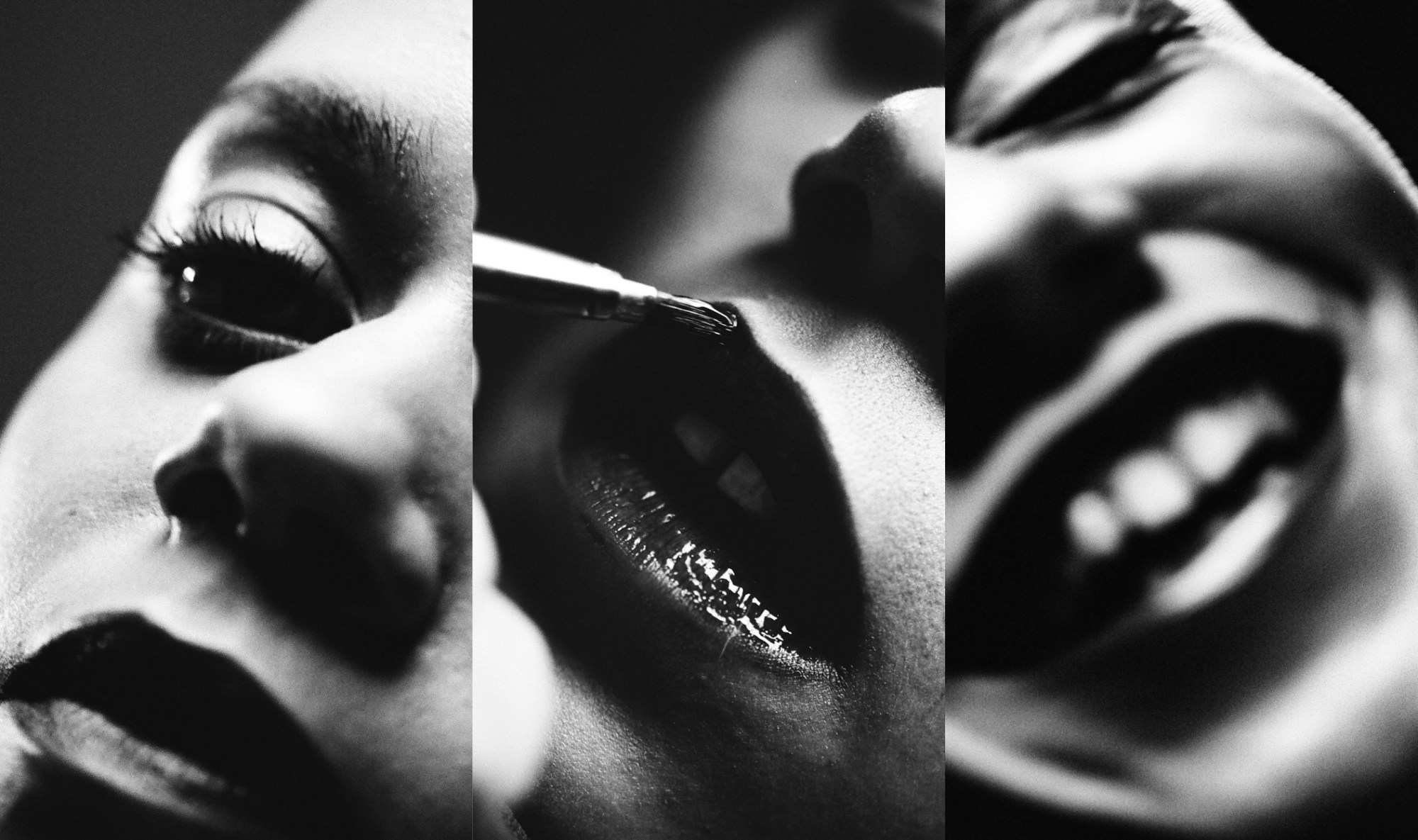
I grew up in Calgary in Canada. When I was 21, I moved to London and I was there for few years and then I moved back to Canada. After a year and half, I moved to Berlin. I have always been drawn to Europe even before I moved to London, I always felt I wanted to be here. I think what intrigued me about Berlin was the fact that it was still affordable and it wasn’t one of these big rat race cities like London or New York or Paris. Capitalism hasn’t hit Europe in the same way like it has America and Canada. There still seems to be a real value to life and living and not just working.
James Baldwin has this quote that I love: ‘Maybe home isn’t a place but an irrevocable condition.’ Home is very nuanced concept. I feel like Berlin is my home, and I also feel like London is my home, and I also feel inherently Canada and Calgary are also home. I feel home is wherever I am at any given time.
My name is Katrice Dustin and I am fascinated by life and love and the wonder of being alive.
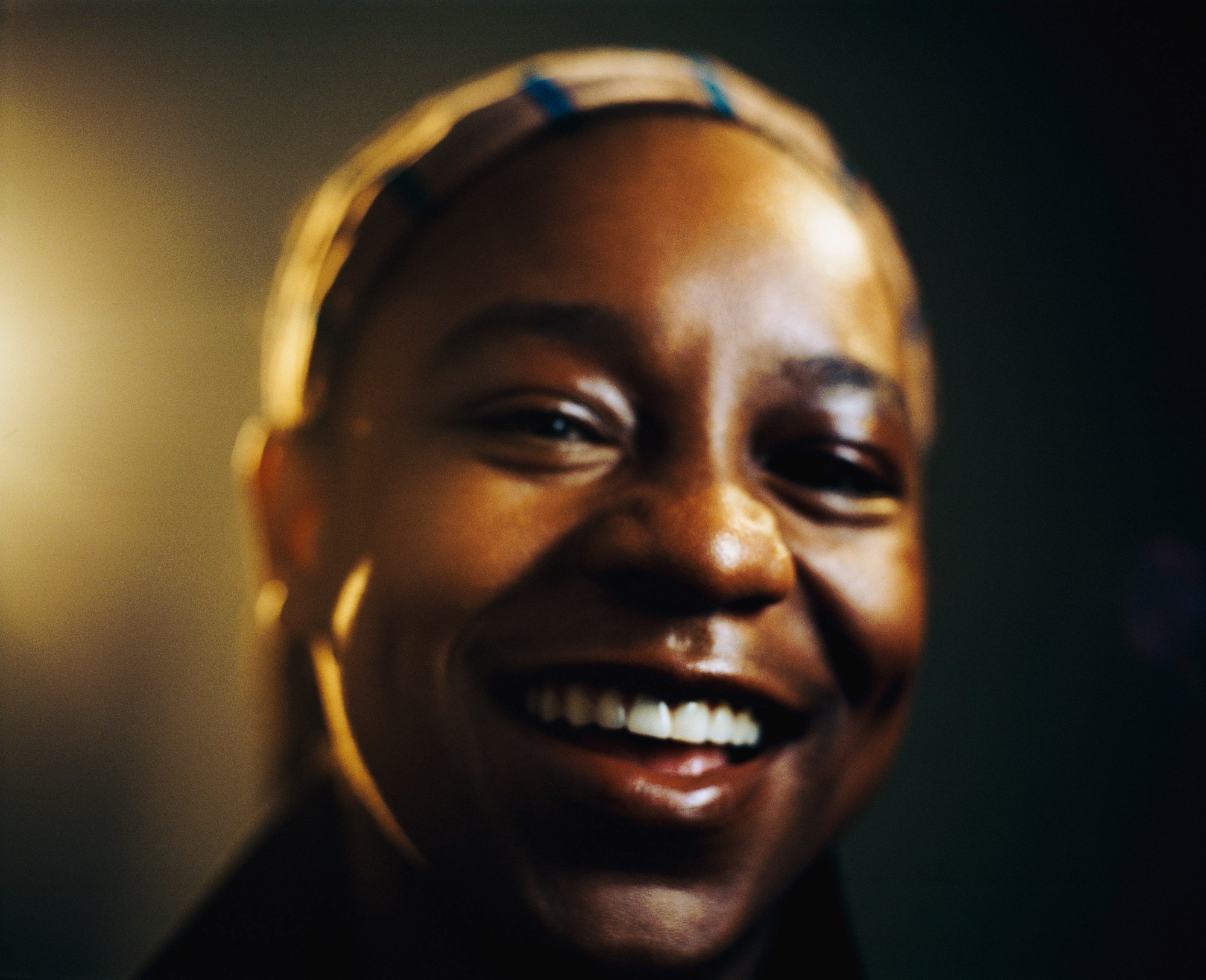
Ari Robey-Lawrence.
I have a really interesting relationship with America. I’ve lived in a number of different cities. I’ve lived in more rural areas, I’ve lived in more metropolitan ones. I just don’t feel that it’s ever really been the place for me, other than my family lives there and that’s my ancestral home. I felt that when I left America, I was going to find something else, going to discover something else. I wanted to learn about how other people lived. I also wanted to have a different perspective on the way that people interact in the world. I grew up and attended school. I attended University and I was on a very specific path which could have led to successful things, but I was somehow compelled to find something else outside of that.
My name is Ari Robey-Lawrence and I identify…hell, I identify as Black, okay?
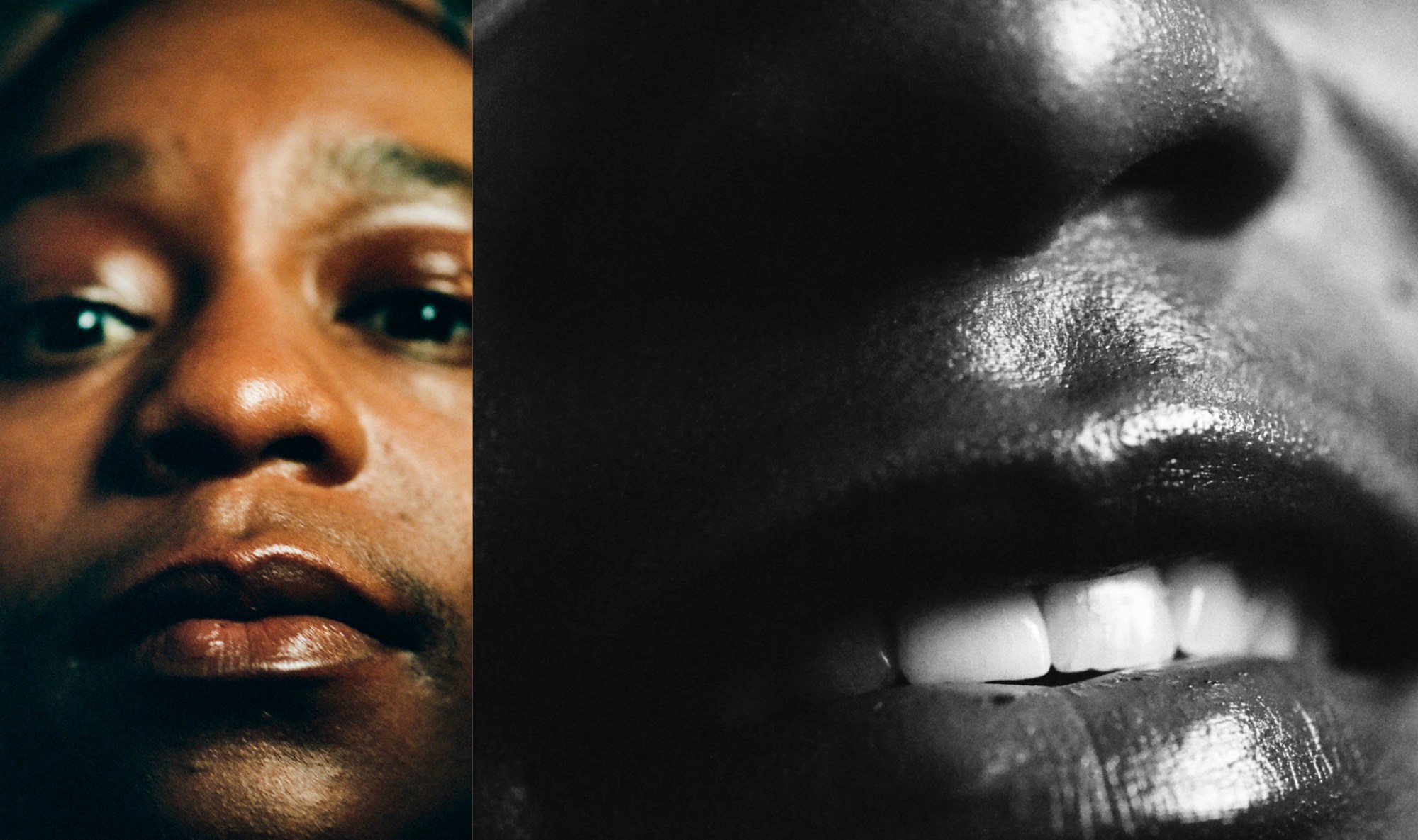
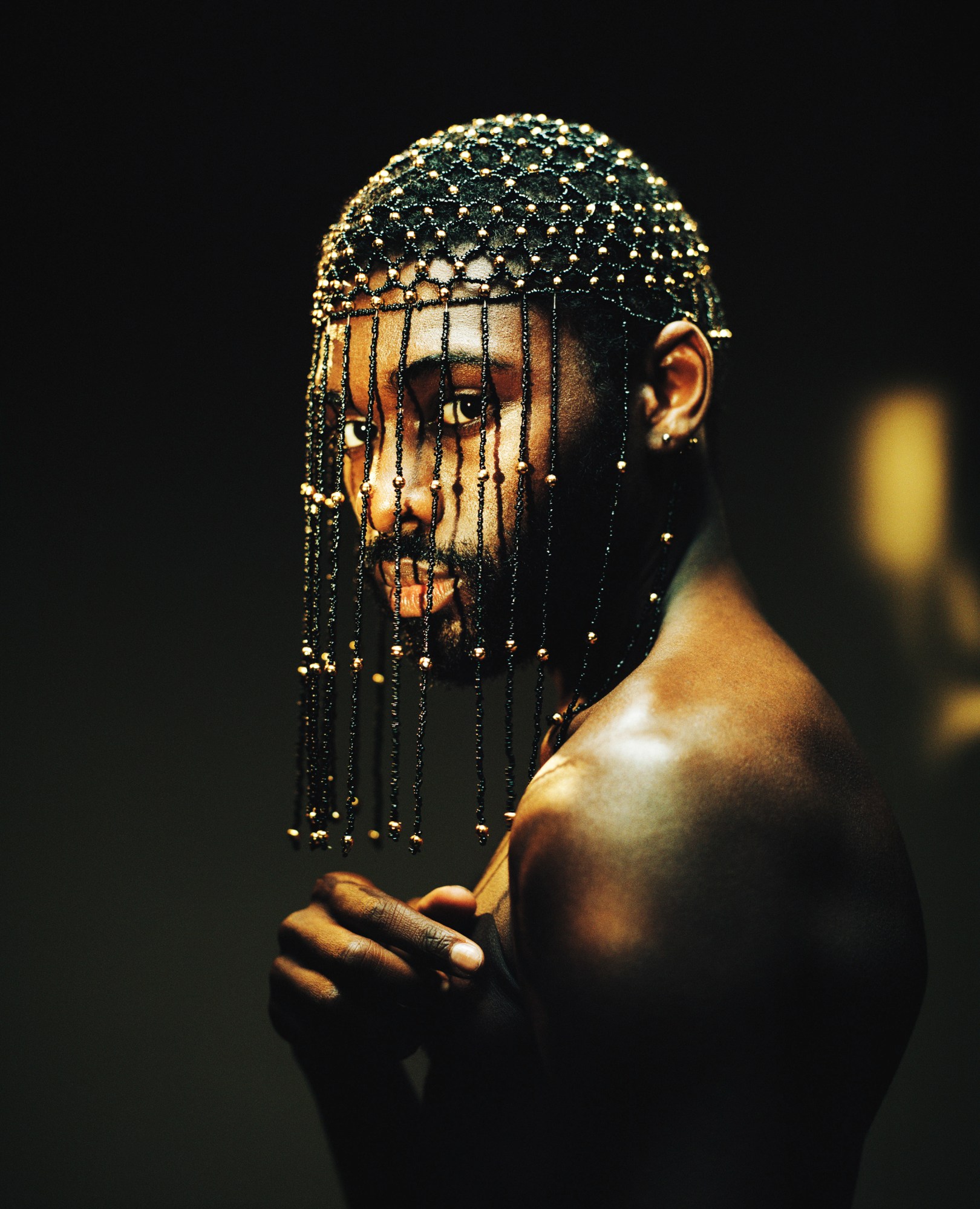
Marquet K Lee.
My upbringing was very transitory. We moved so often, that the fairy-tale version of home, living in the same place and having the same bedroom, is foreign to me. I understand it, but I just don’t have it myself. I was always dreaming of somewhere else. When I was in Georgia, I was dreaming of New York. After a while, in New York, I was dreaming about being in Europe. When I got to Dusseldorf, I was dreaming about Berlin. Since I’m driving this thing on my own, I’m realizing home is a place where there is as little worry as possible, comfort, and where one has piece of mind.
In Berlin I love how art is integrated into the culture of the city. Here, as a dancer, that’s your career. It’s a respected thing. In America, that’s not often the case. They’re always waiting for you to get “a real job.” Having lived in America, leaving, and then watching it from afar, it’s just not something I want to be a part of at this moment.
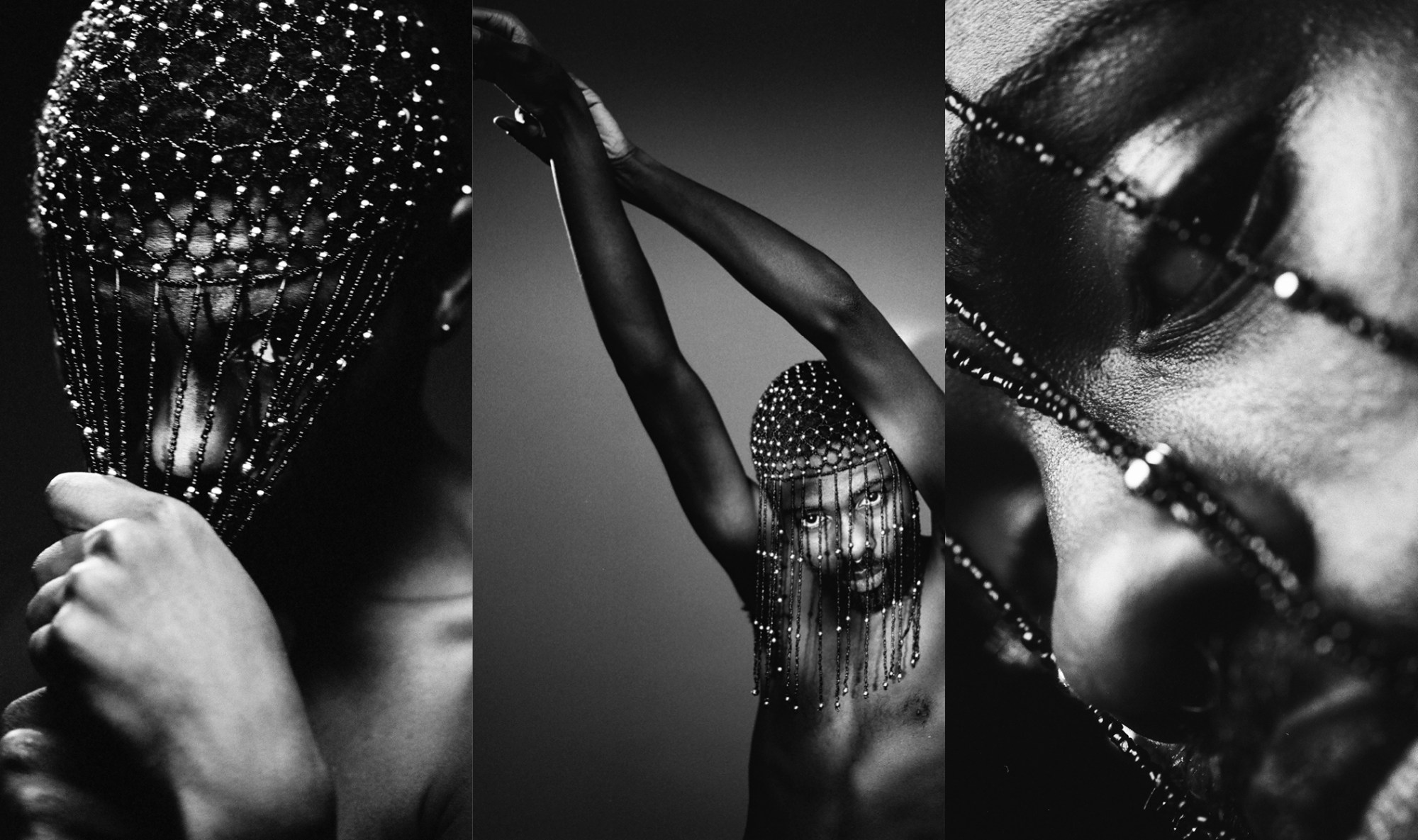
Here I feel free. I’m living closest to my truth as I ever have before. What I mean by freedom, is being able to do what I want to do, live how I want to live, without outside forces suggesting how I should be and me acquiescing. I really wanted to try to find my own way, whether it be how I dress, or how I speak, or how political or queer I am. I’m finding it for here. I haven’t found it for sure, but I sense that this is definitely the place where I can find peace of mind and I can be present and create my best work and love with my best self.
I want ultimate freedom but I have come to realise there maybe no such thing. There’s still racism wherever you go. There’s still bureaucracy. The systems still oppress. Wherever you go you have to deal with it in the best way you know how.
My name is Marquet K Lee and I identify as an ever evolving queer cis African-American male and movement instigator.
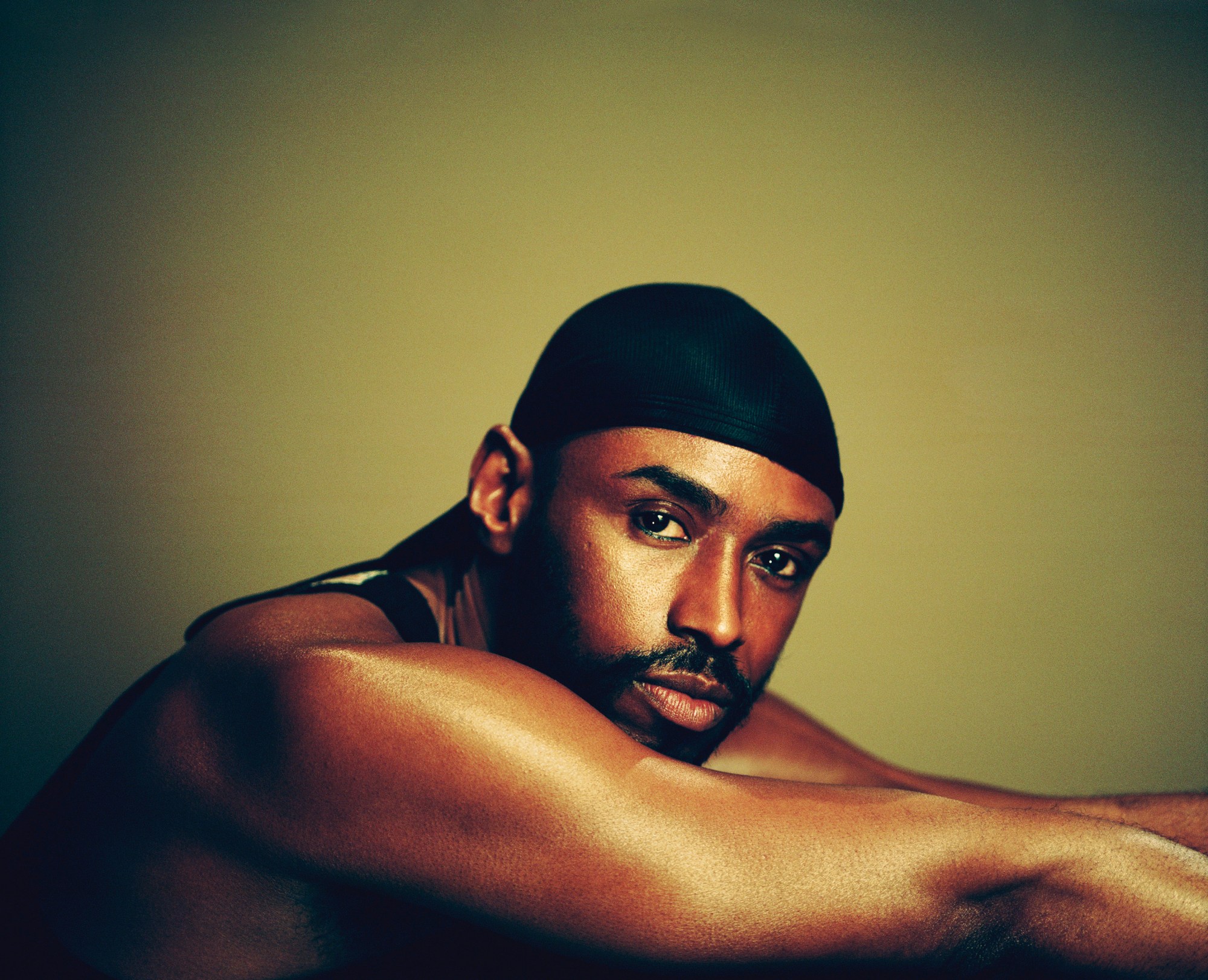
Ahmad Larnes.
I came to Berlin in 2010. I was done with New York. I came to Berlin to visit and the following year I moved here. I think about the migration of musicians who moved to Europe during the 20’s to escape the persecution of the United States. Part of me was inspired by that. The idea of going somewhere where I felt like I could grow and not feel that I was being held down. When I came to Europe, I was instantly able to make music. Being a black singer, suddenly I was able to work a lot more. I created relationships more fruitful than I ever created in New York and so it just made sense for me to move to Berlin.
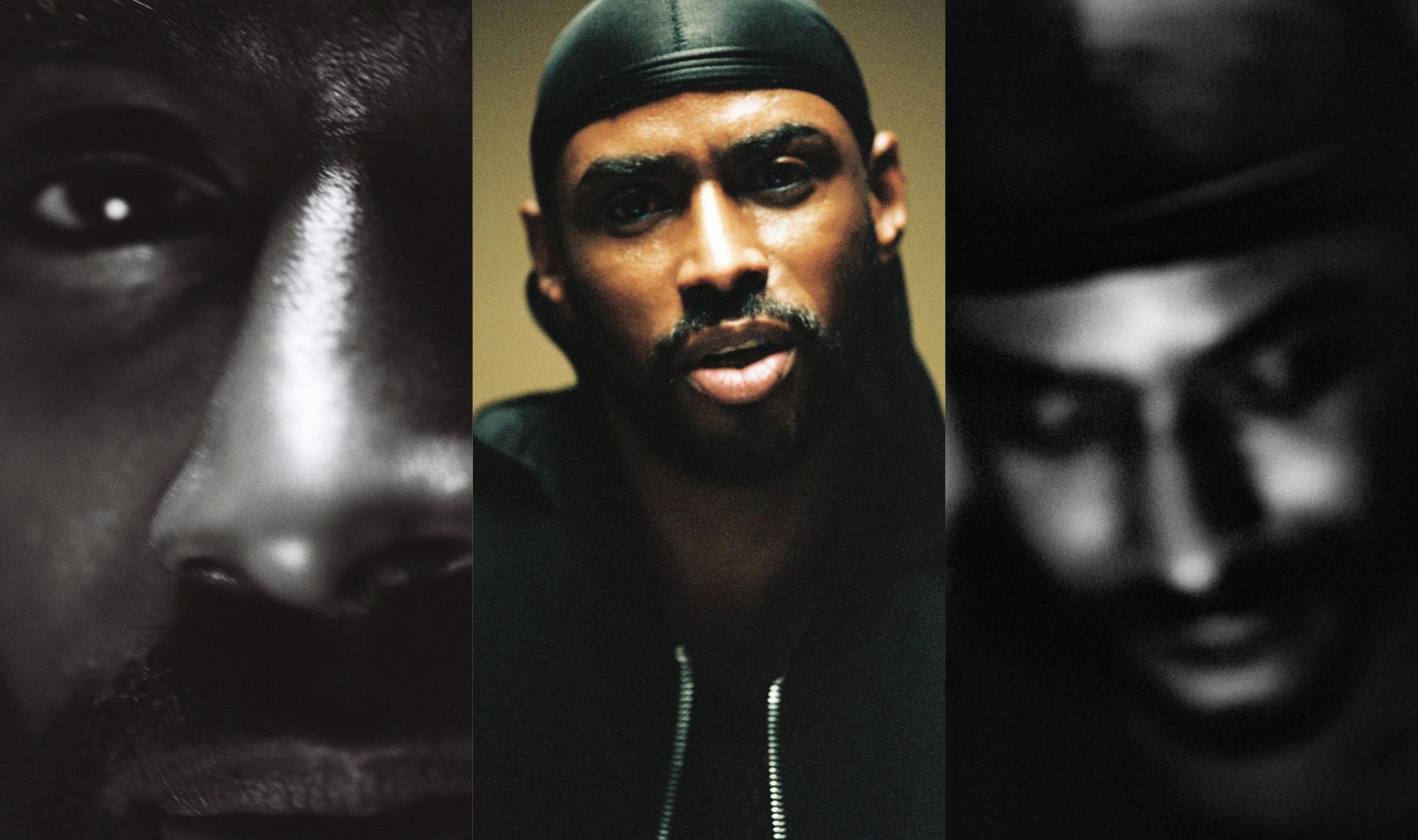
One of Berlin’s greatest charms is that you’re able to stumble and fall which allows you the ability to experiment a lot more. It hasn’t all been easy. There are a lot of vices in the city, a lot of distractions. My career as a singer/songwriter means everything to me and for some people it’s a hobby, a side gig. I’m constantly dealing with this struggle. If people are as serious about what they do as I am about what I do? I come from a loving, albeit very dysfunctional home. I have always found solace in my friends who always created a sanctuary, safe place, for me. I’ve always looked to my friends for advice, for hug when I needed it, stuff that I didn’t get at home. I get that so much here in Berlin. I am surrounded by love and for me that is home. I don’t speak German, I hate myself for that, but I feel 100 percent home here. There’s something about Berlin, I get to meet wonderful people, I get to sing, I get to perform, I get to create. For me that’s home, being able to have these experiences.
My name is Ahmad Larnes and I identify as a Black man, a queer black man, as a singer, a songwriter and as a loving caring person.
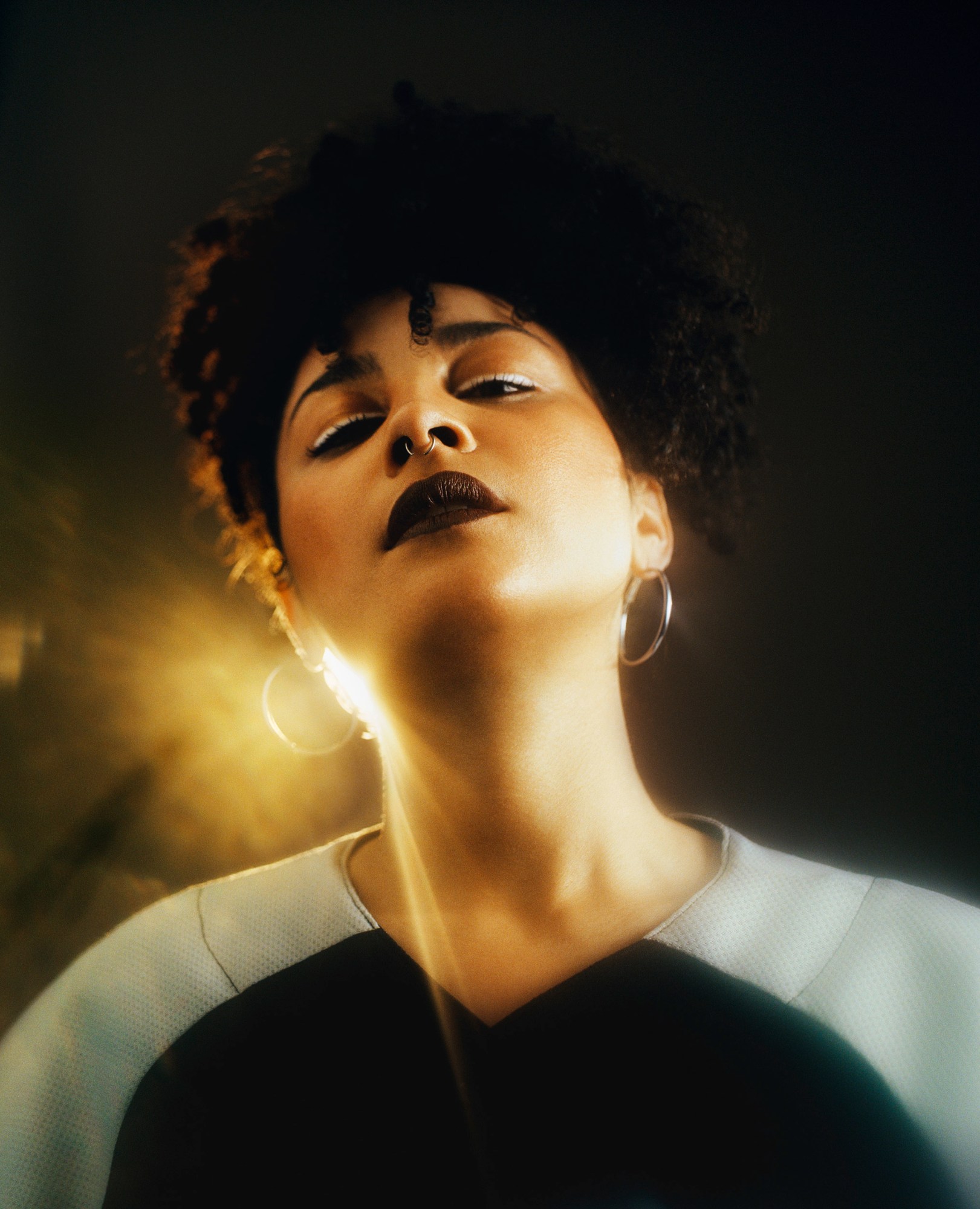
Monika Martinez.
I was born in the United States, but grew up in Trinidad. My perception of Europe came from my parents and grandparents. They thought of it as a place that must be better than where we were. They fantasized or perhaps fetishized it. Little do they know but things aren’t that different. Europe just has another outfit on.
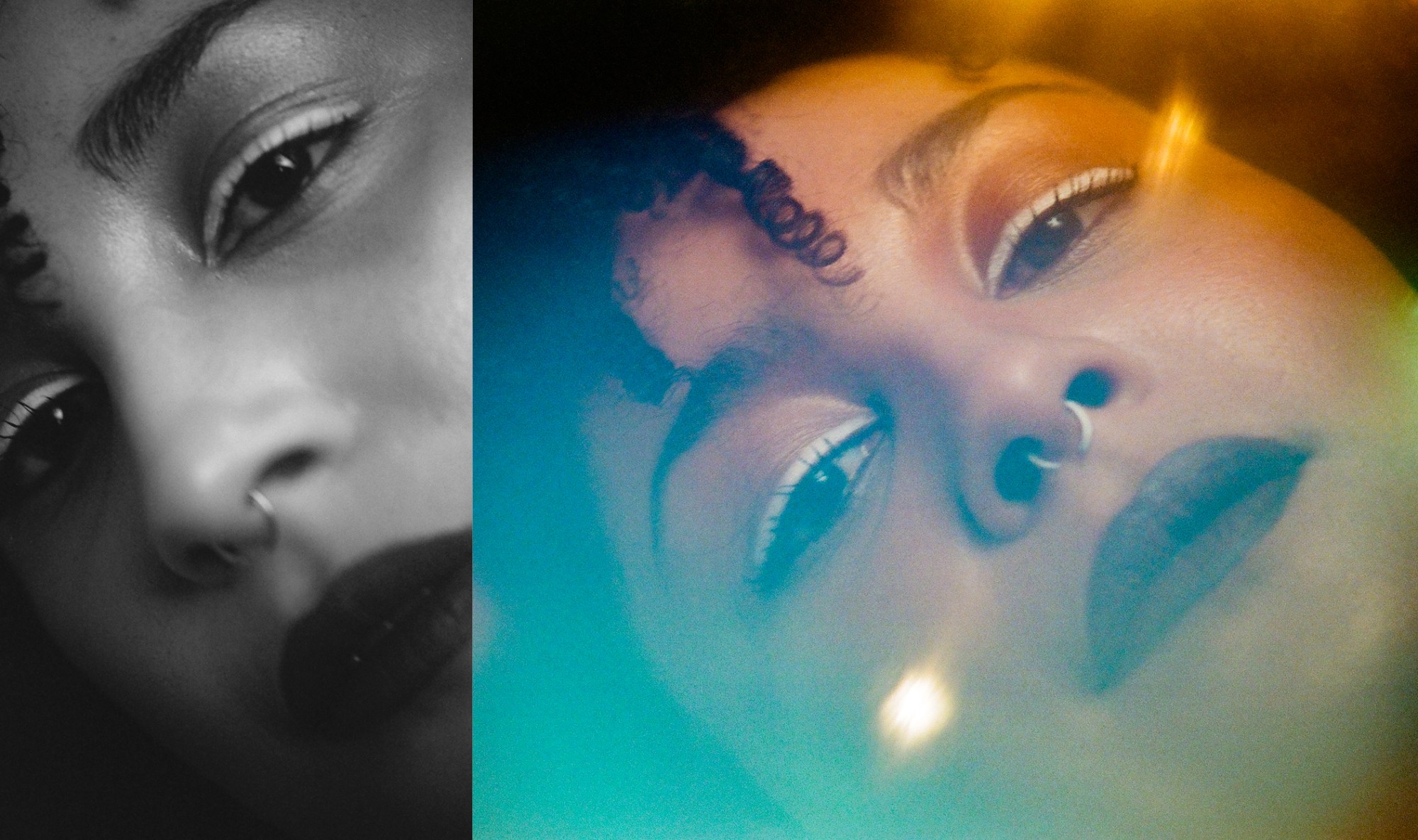
I never set out to come to Europe in general or Berlin specifically. The person I love lived here, and our plan was to be together. I came for love, but stayed because I liked it. I’ve never been in a place where people feel so happy to be where they are. I felt like this city has helped me come into who I am, as it’s inspiring that people like being here. I think people are quicker to tell you how much they love being in Berlin than what they do and who they do it for. And that’s something that drives me to figure out why I’m here, what I like about being here. I feel like I’m allowed to just be and not have to defend why. Berlin allows you to be strange, and I have embraced that.
My name is Monika Martinez and I identify as a black female, but one that’s not always habitually feminine.
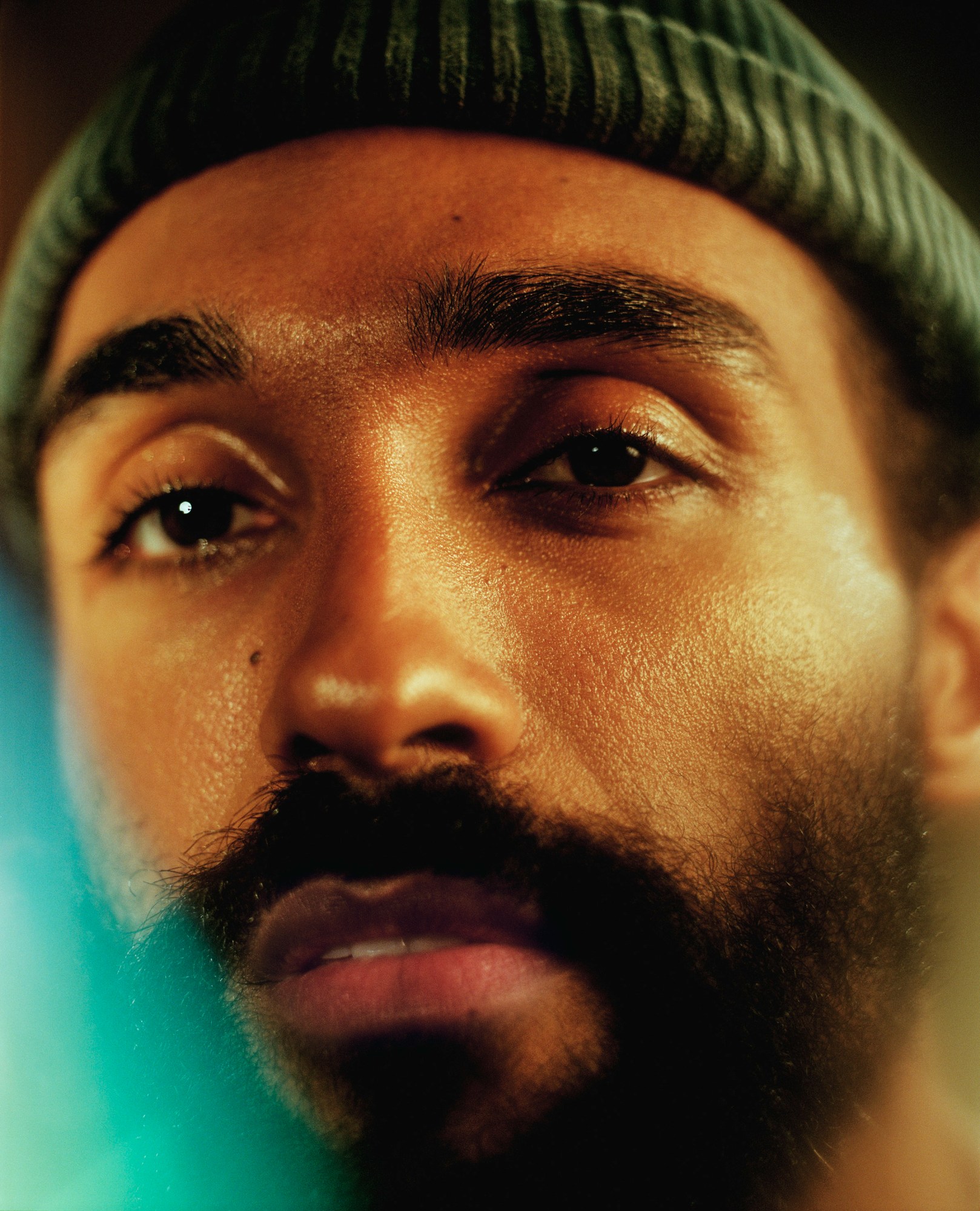
Luis Alberto Rodriguez.
Growing up, I was always Dominican. I think then if someone asked me my race, I wouldn’t have known what that meant. I never talked about race because my parents never talked about race. If you asked them they would say that their heritage was Spanish. I can only suppose that because of White supremacy they chose to identify with their colonizers and not their actual ancestors. There’s a very big difference between your ancestors and colonizer and it’s important to acknowledge the difference.
I’ve been in Europe for 16 years. This is my eighth country. I have four different banks accounts in as many countries. I started with Germany and now I’m back. I left originally, because I felt there were more opportunities to be had. I was 21 then. I couldn’t articulate it at that time but I just didn’t want to feel boxed in artistically. I’ve always wanted to escape that feeling of being boxed in. Subconsciously when I look back now, going to Europe was like the ultimate runaway. I just didn’t think I would be here for this long. One year became two, two became three and so on.
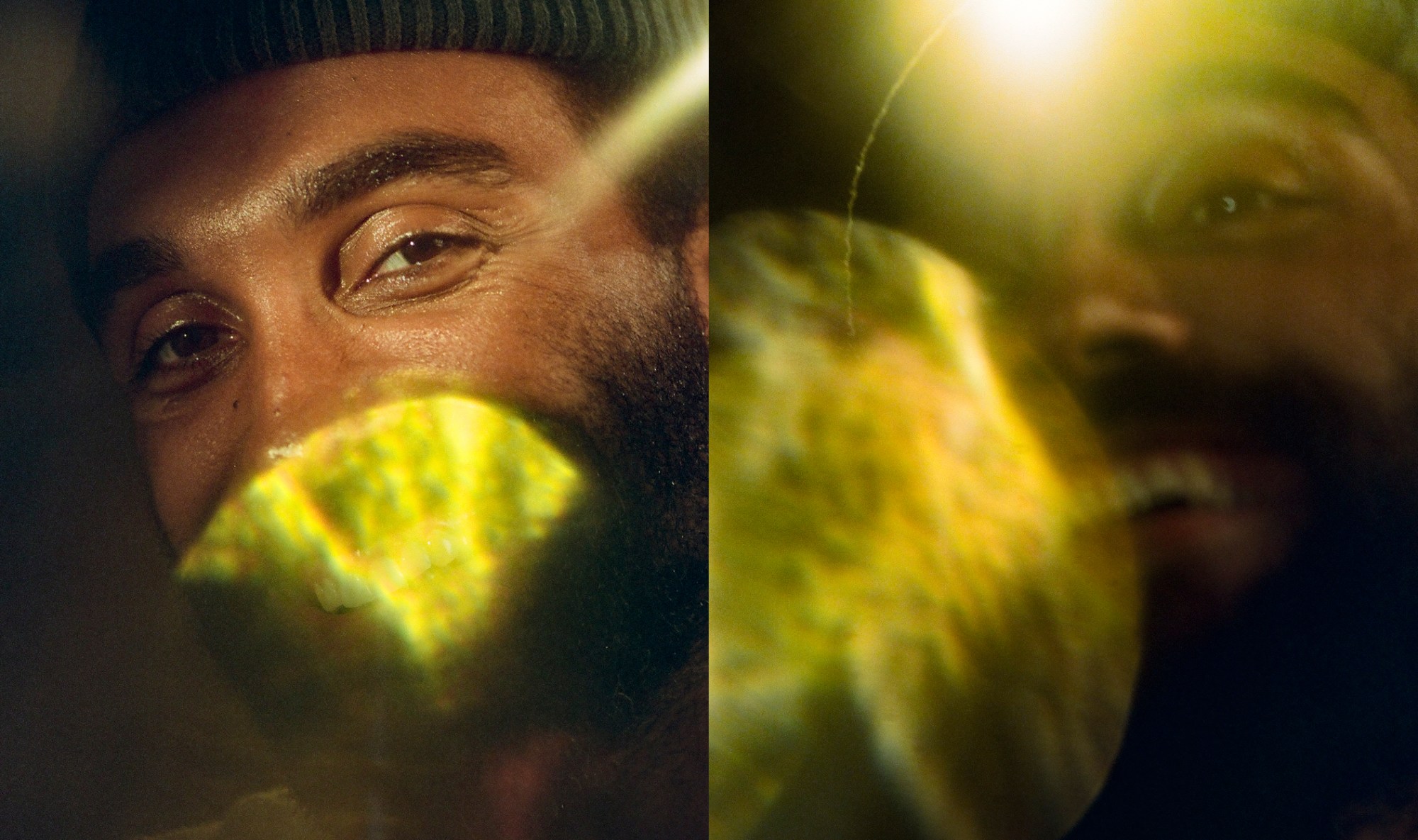
I’ve been in Berlin for five and a half years, and it’s a real luxury living here. It’s a luxury because I have people that I trust that really push me. My history with dance allows me push myself. It’s from there where I have my discipline. But also I have the luxury of sitting down and discussing art and questioning aesthetics which totally fits my process. I feel that everywhere else you have to produce, produce, produce. Berlin allows me the ability to sit back and also ponder. Berlin has changed the way I view people, the way I view how people relate to each other. The way I view of relationships, the way I view dating, the way I view freedom.
My name is Luis Alberto Rodrigues and I think that nowadays people call me Afro-Latino.
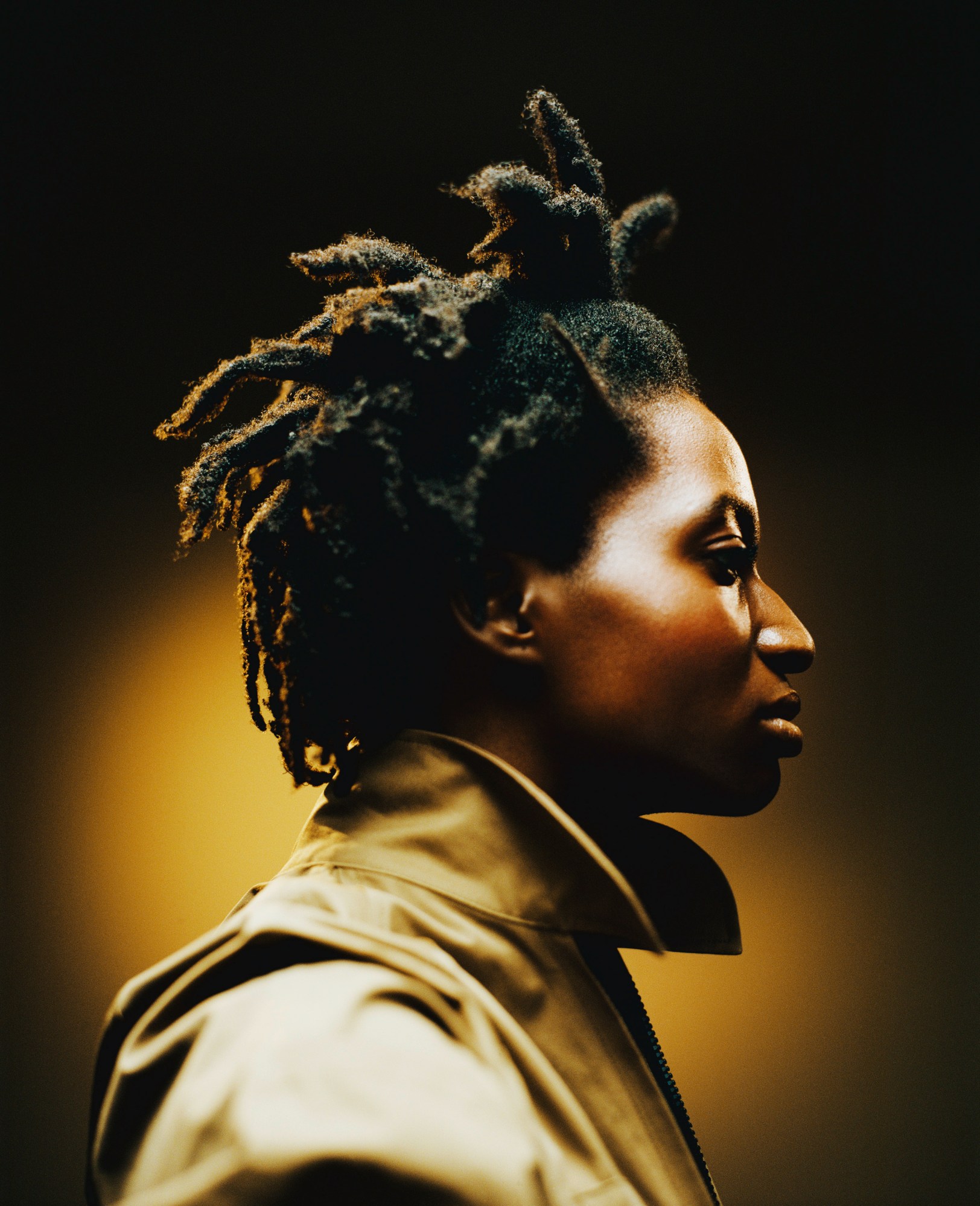
Mayowa Lynette Osinubi.
In Atlanta I was a woman who happened to be Black. But in Berlin, I feel like I’m a black person who happens to be a woman. Race trumps gender because it’s the first thing they read. It’s like they clutch their purse before they tell me I’m a bitch.
My name is Mayowa Lynette Osinubi and I identify as a Black woman and comedienne.
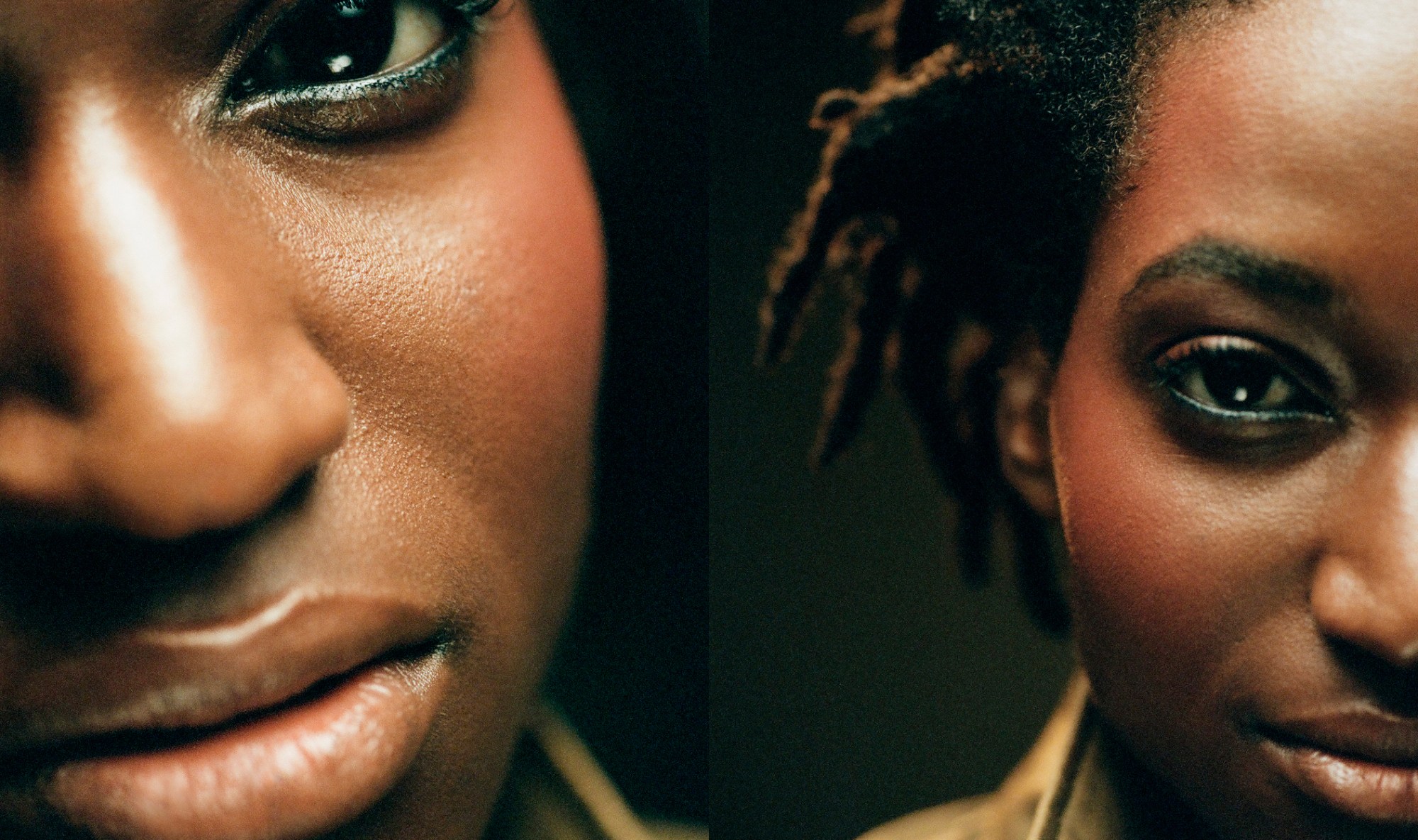
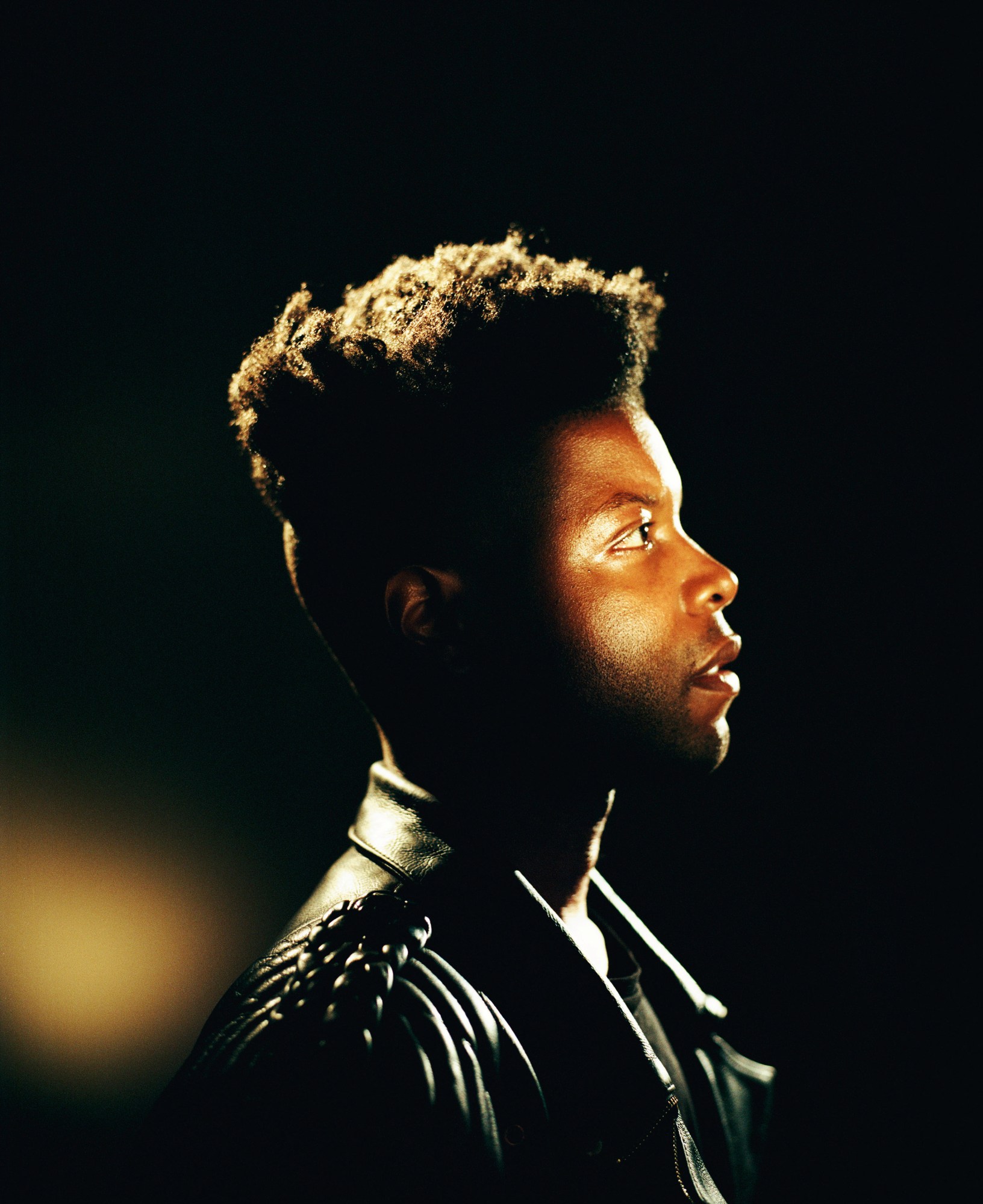
Isaiah Lopaz.
I identify as a proud black person. Black as I understand it is big enough for everything. By that I mean, it’s big enough to talk about ethnically. It’s big enough to talk about in terms of nationality. It’s big enough to talk about politically. For me, being proud and being black, first and foremost, is rooted in my family. I am from Los Angeles. I am a part of the great migration, thanks to my grandparents. It is there where I feel most anchored, regardless of how close or distant we are, regardless of how we agree or disagree, my blackness is very much centered on my family and various cultures that we come from and move through.
I think I was one of these naïve people. I didn’t think it was going to be better in Europe, but I remember being in Math class, reading about the Harlem Renaissance and dreaming. Dreaming that one day I was going to get out of here and go to Paris. Then, just before graduating art school, I visited distant family in Amsterdam. I thought, in America, as choices, I have Los Angeles or New York. I knew Los Angeles. I was perhaps a bit afraid of New York and the thought of having to hold down three jobs and live in a super small space. So I opted for Europe. I felt the pace of life was more of what I was longing for. Also, coming from my grandparents coming from American South the way they did things, the way that they loved foods and relaxation and pleasure, I, sort of, maybe naively thought that that’s what Europeans are like.
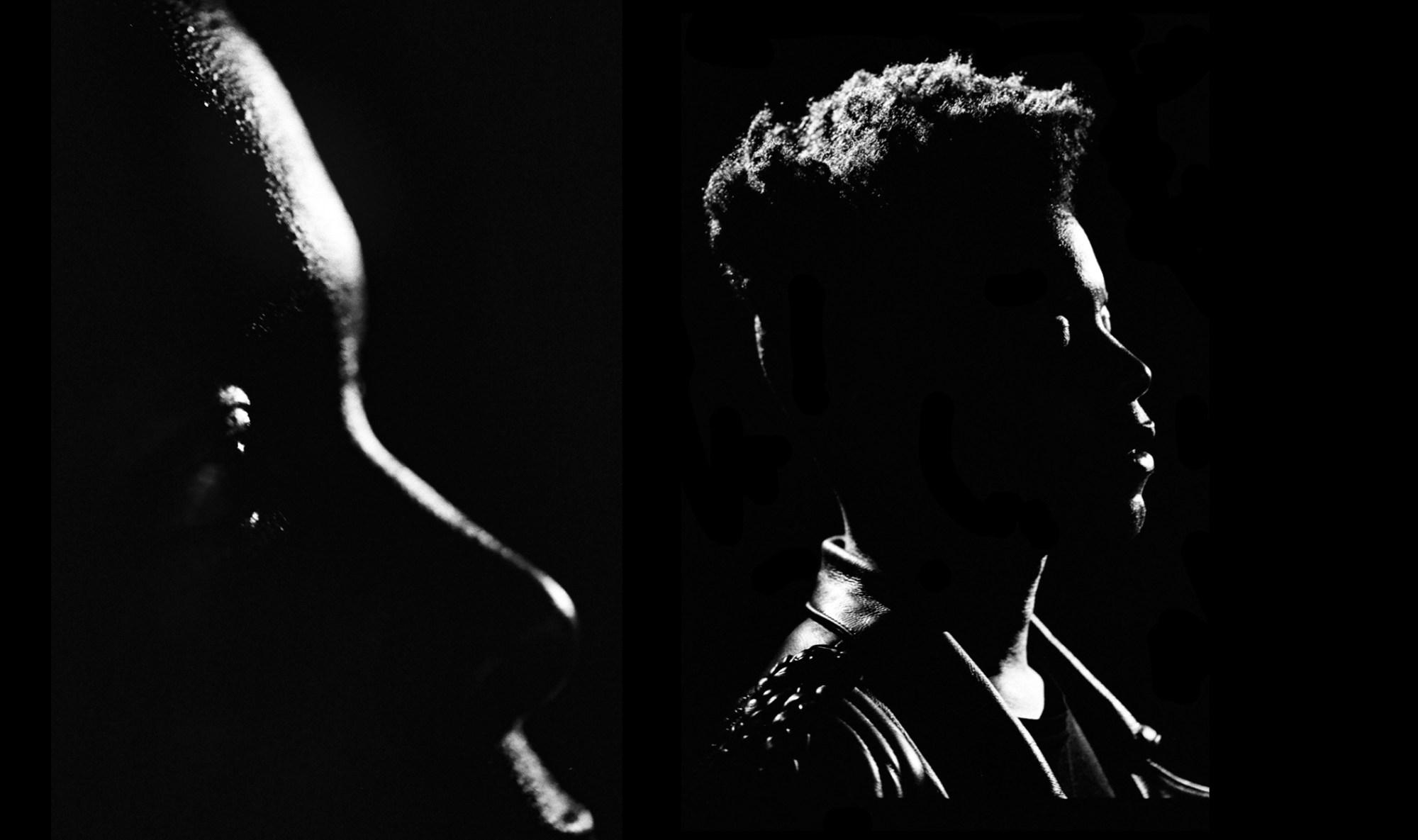
Home is a place deep inside of yourself. I don’t necessarily think of it as a physical place. I have had the curious experience of not returning to the States since I left, for many different reasons. I know that if I go back, it’s not the same place. I have always had a very fractured relationship with home. I was raised by my grandparents untilI was 5 and then I was taken to live with my mom and stepfather. Sometimes I saw my real father, sometimes I didn’t. So, home is this feeling that for me is very much anchored to my sense of self, my wellbeing, and also the relationship that I have with other people.
I think when one is a stranger in village, it’s important to realize that the village is not the world, and it can never be, and that the ways of the village are not the ways of the world. When living in a village, people want you to behave as they behave, and you have to integrate and assimilate. What I am learning is that they never ask what they can learn from me? What they can integrate from me? What they can assimilate from me? Not just me as an individual, but the cultures that I come from. I think this experience of being a stranger in the village, is incredibly priceless, and one that I cherish, because it reminds me of who I am.
My name is Isaiah Lopaz and identify as an artist, a human being, as proudly gay and embracing the complexities of all that is.
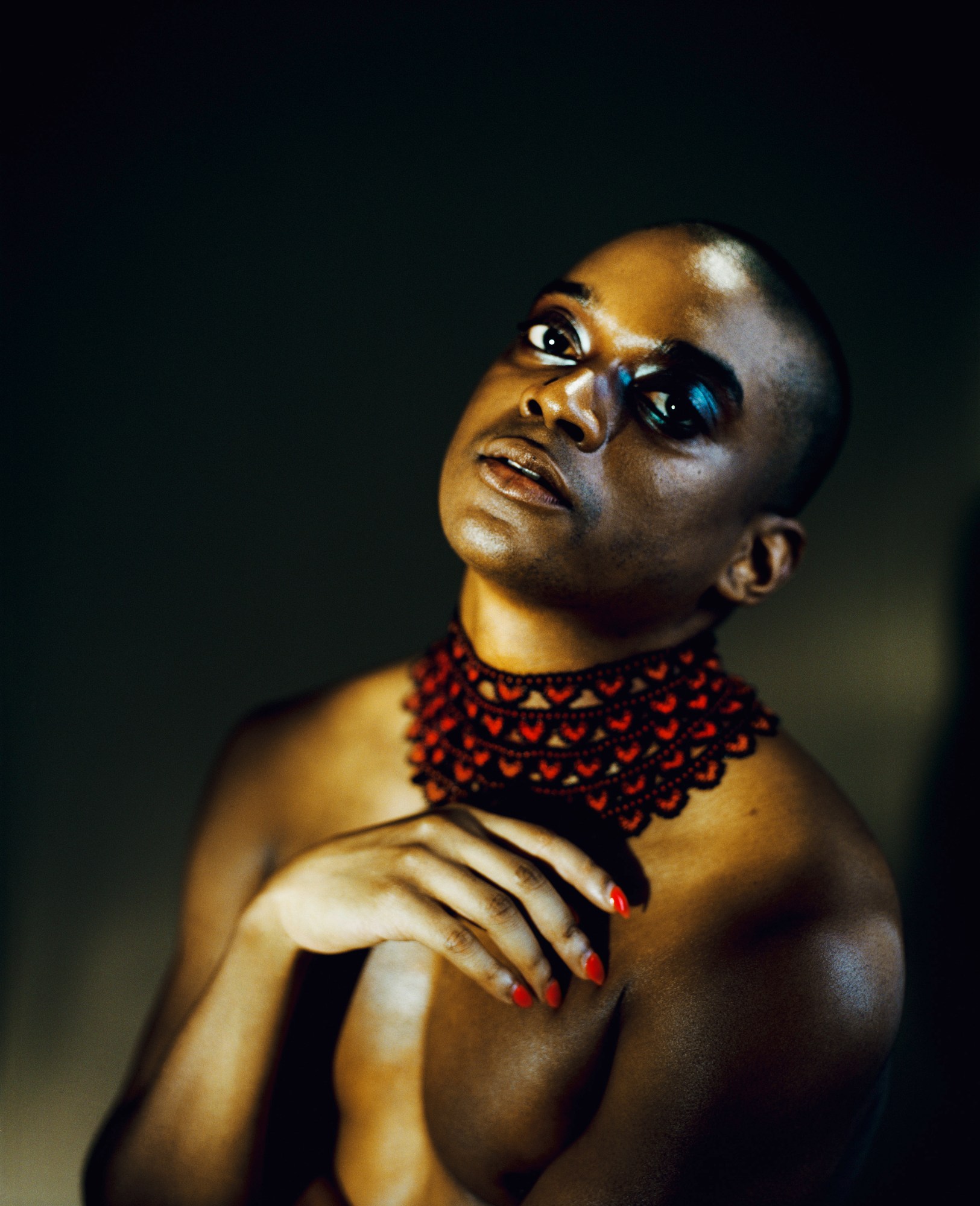
Lotic.
In America, I was talking more about who I was, my identity, but I was not living it because there was a real danger, real physical danger. The physical danger and the mental gymnastics that you have to do every day just to walk outside of your house was overwhelming. I just thought I didn’t want to live like that — I didn’t want to like come of age in that environment. I wanted to be able to relax and not have to think so much about how I am presenting myself in the world. I was exhausted from walking around with armor. I don’t feel like I have to explain it as much in Berlin. I don’t feel I have to fight for it as much. Thankfully, I was able to leave, but I don’t think I could ever go back. I really don’t.
Blackness is also often misunderstood. In America, it expresses itself as violence. Here it mostly comes out as ignorance. But ignorance can also be very violent.
My name is Lotic and I identify as a black feminine creature.
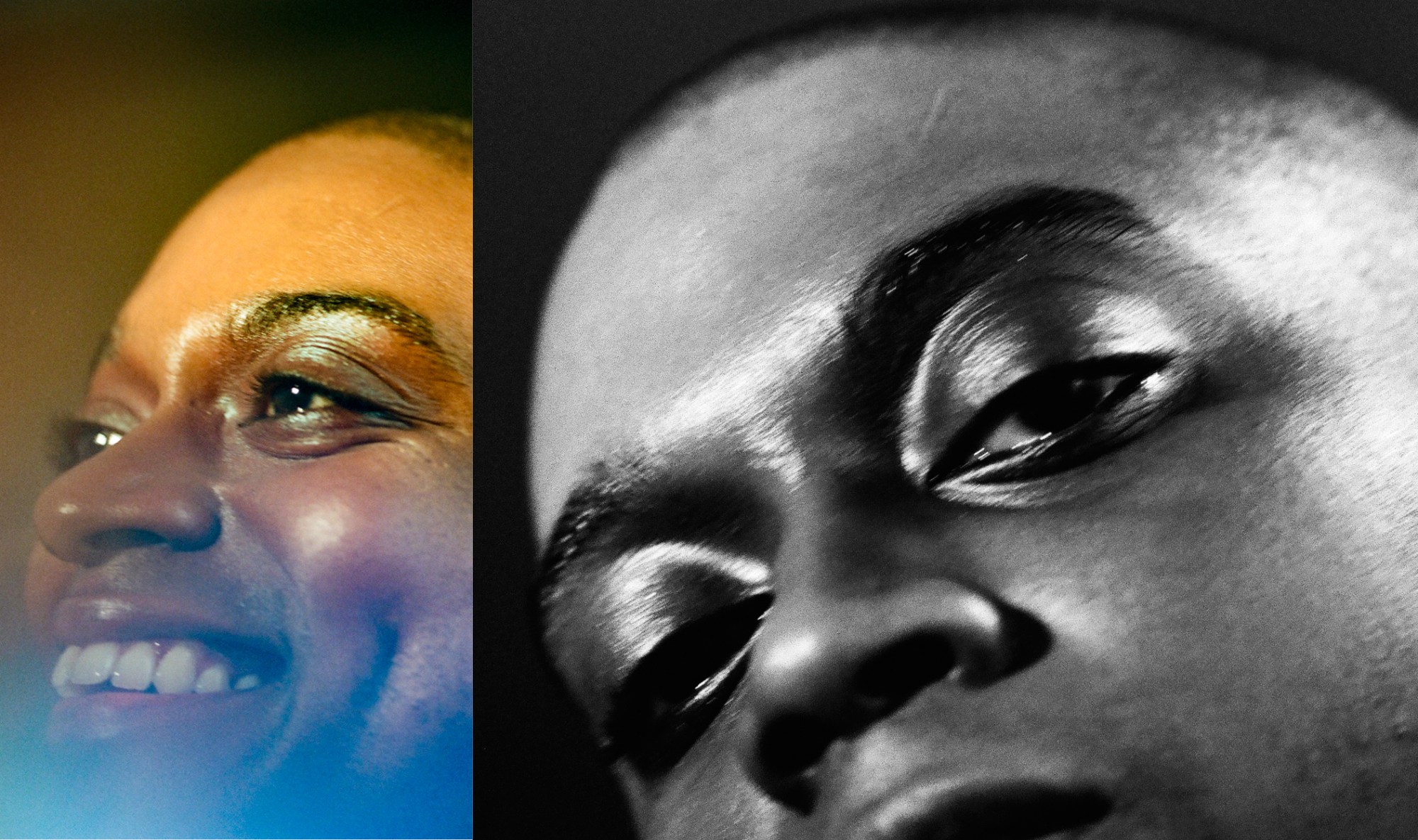
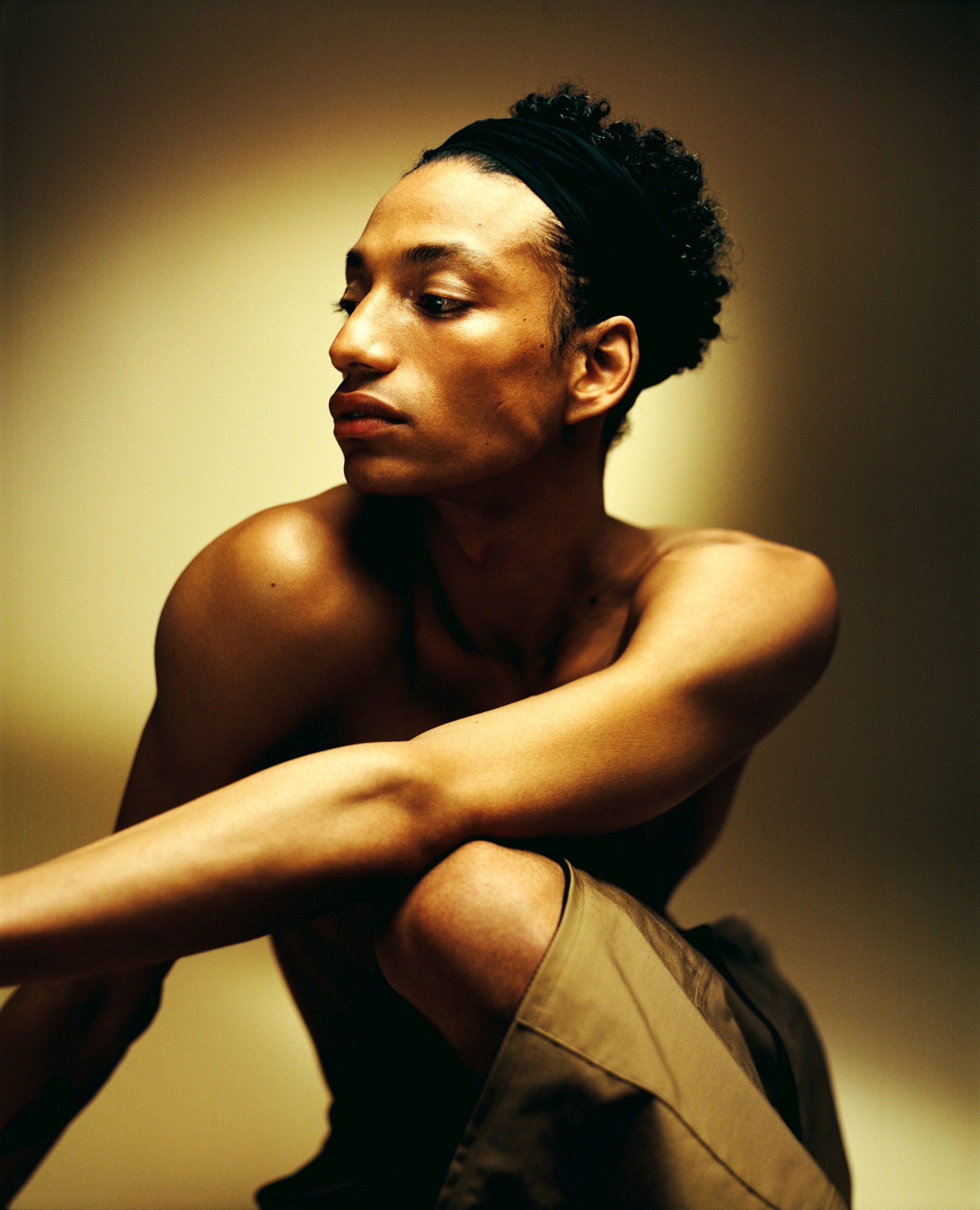
Michael-John Harper.
I think it’s quite important, especially in these times, to not be so fixed on one idea of an identity. We’re constantly learning and we’re constantly moving. I think that’s where growth is. I think it’s important to understand where one comes from, but it’s more important to use that information to constantly flow
My name is Michael-John Harper and I identify as someone who is constantly evolving.
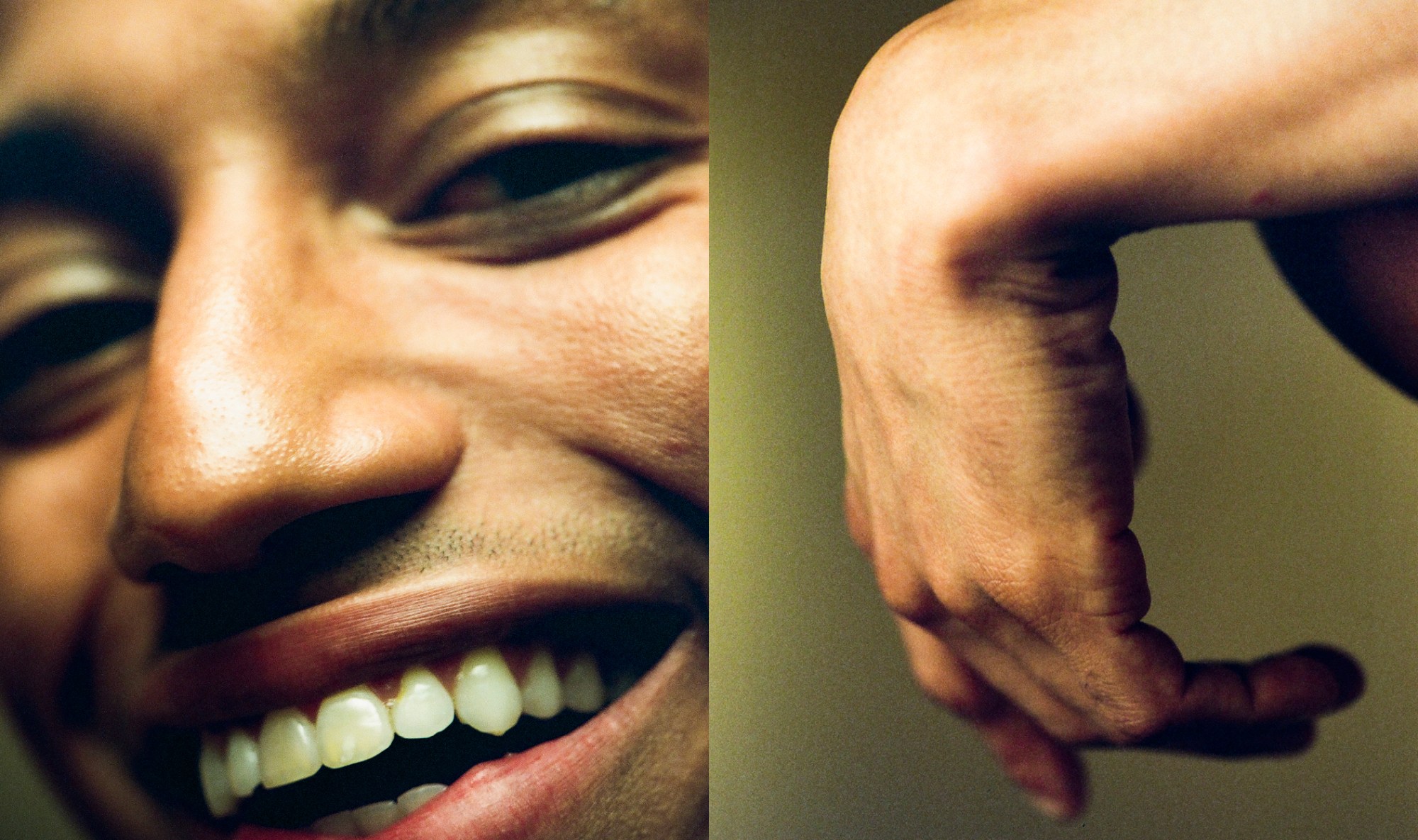
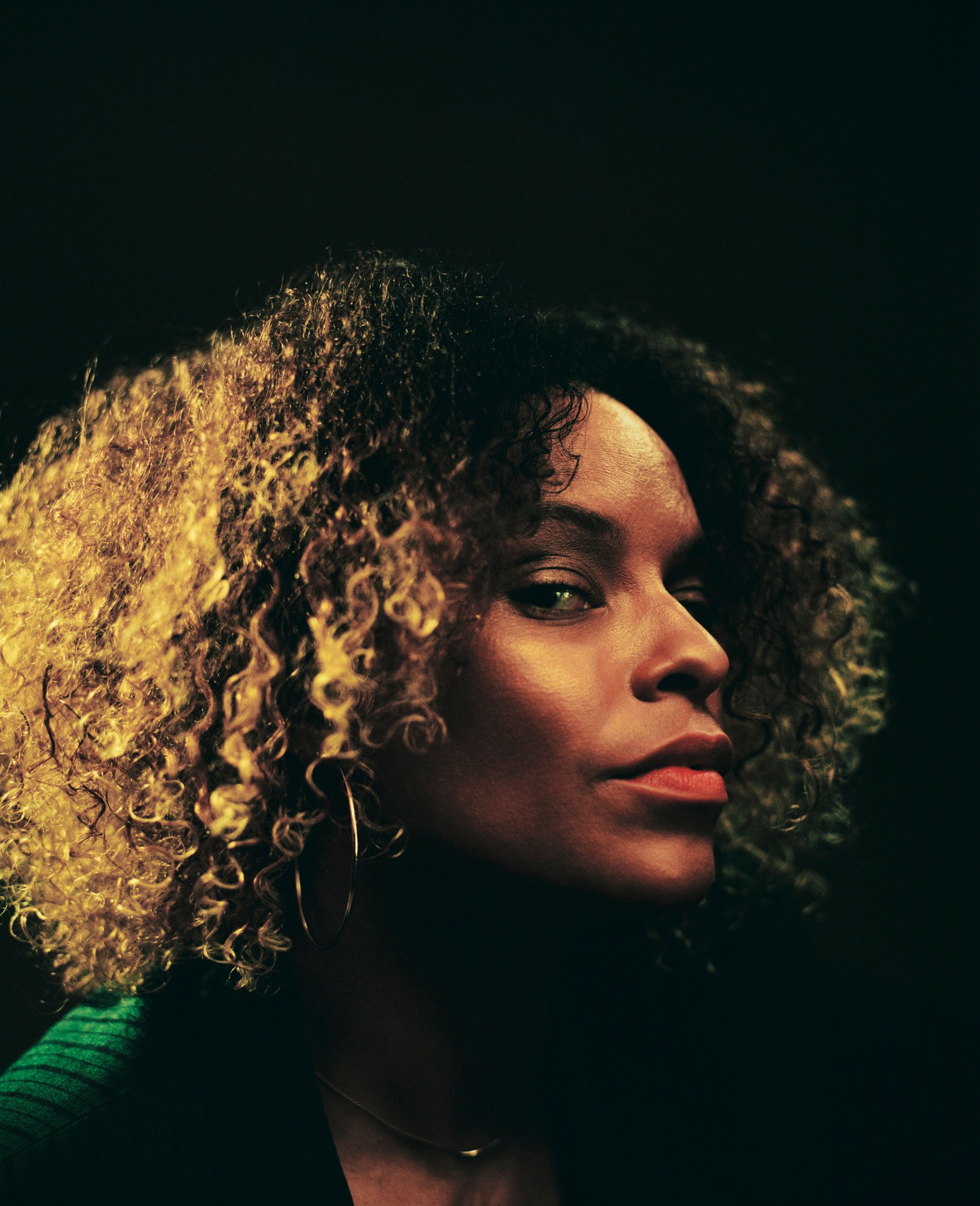
Isabel Margarita Lewis.
There is something so particular about what it means to feel like a stranger in the village. This is the predominant experience of my life. I grew to own that, claim that, and feel comfortable in that. Fitting in was never an option, neither with the black community, neither with white community. I always felt myself to be a bridge-maker in some ways, an interstitial person. Someone that’s always between things, between scenes, between spaces. I think being from a large family, a personalized identity as an individual didn’t come so naturally to me. I identified as part of this group of complicated and artistic people. We were each other’s. We were an island of strangeness.
In the eyes of the world, the world that I’ve lived in until now, I’m a black woman. That’s gendering me, that’s racializing me, and I have come to an acceptance and ownership of that way of being seen. For me, there is almost an inherent violence in the need to categorize people. I have learned to accept that this is the framework of the world I live in now. I attempt to put my energies and my love towards trying to form, and help encourage, another kind of worldview. One that doesn’t have this inherent violence of categorization. Can we be humans in relation to an ecosphere? Can we understand our relation to the ecosphere in a more deeply felt, more sensitive way? Instead of wasting our energy and dividing ourselves up, we should be paying attention to that: Where is our place in this ecosphere and how can we inhabit this place?
What drives me and my artistic work is the alternative world. Can we imagine that alternative world where we no longer rely on these oppressive ideas? Can we generate certain language and then perpetuate that language in how we refer to ourselves? Can we imagine an alternative way in how we speak amongst each other, and tell stories about ourselves?
My name is Isabel Margarita Lewis and I identify as a person that’s always in transition, always in transit, never really from any place but from everywhere.
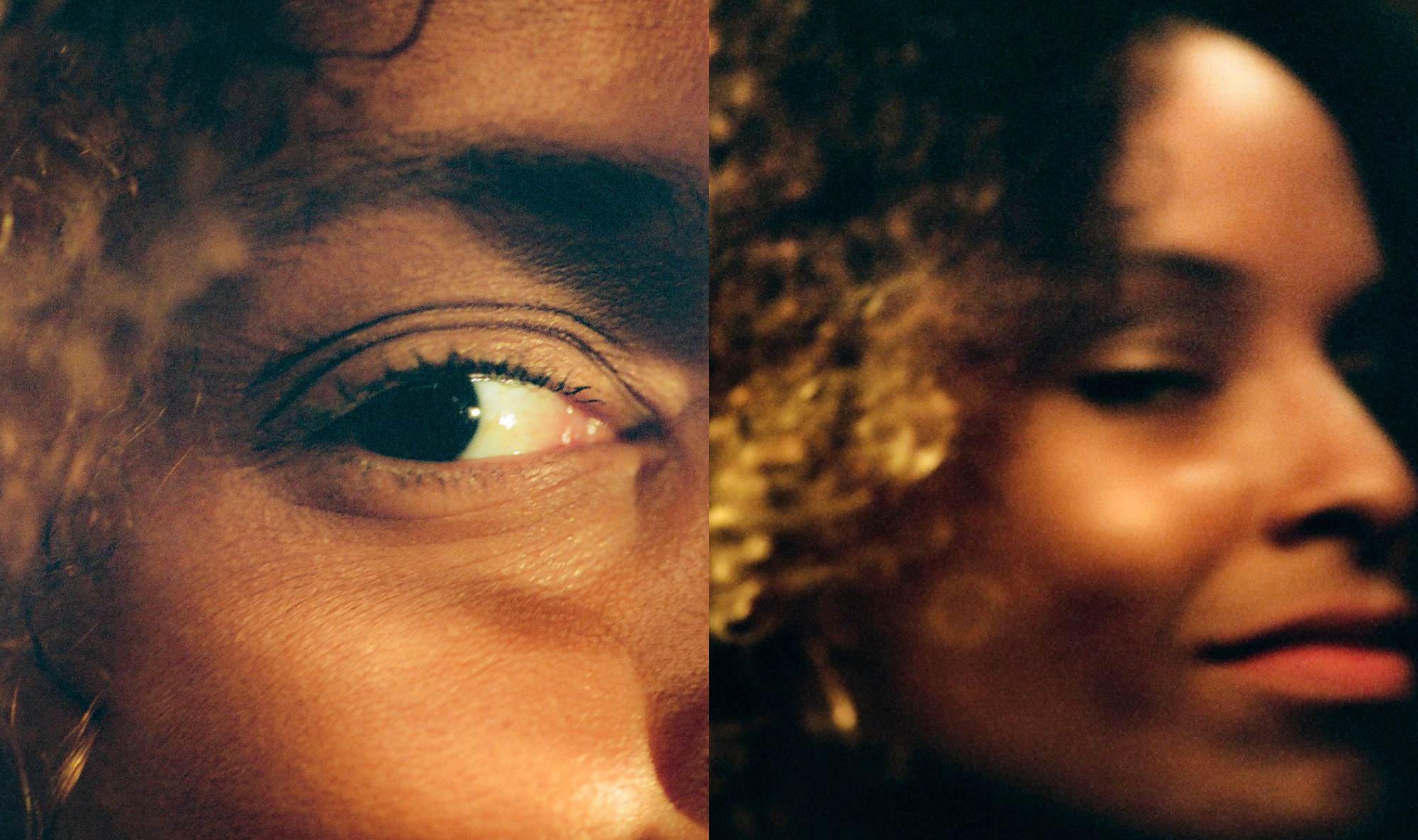
Creative Direction and Casting Mac Folkes for Random Identities
Stylist Marquet K Lee
Hair and makeup Servullo
Producer Jannis Birsner
Assistants Nicolas Schwaiger, Moritz Tibes
